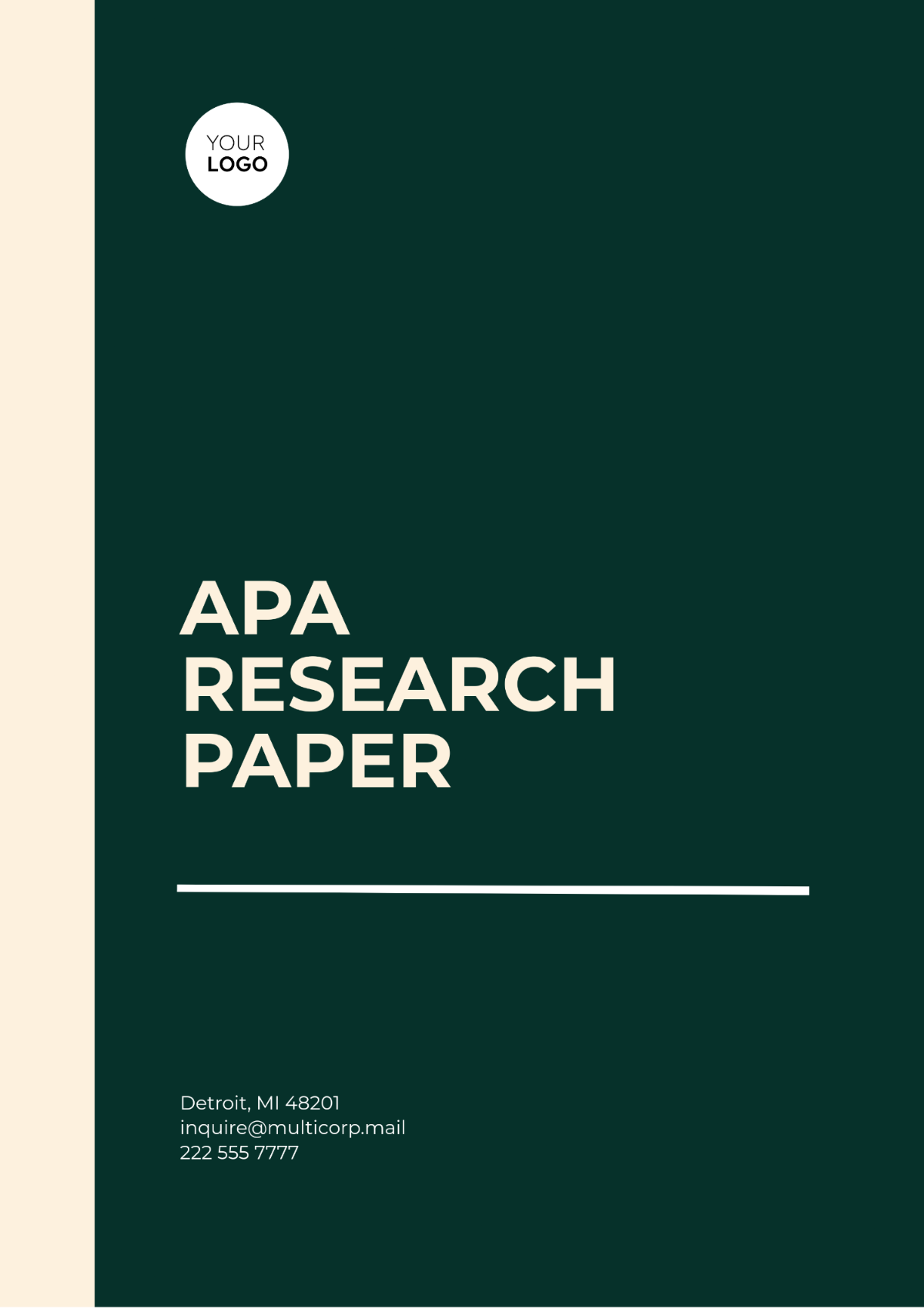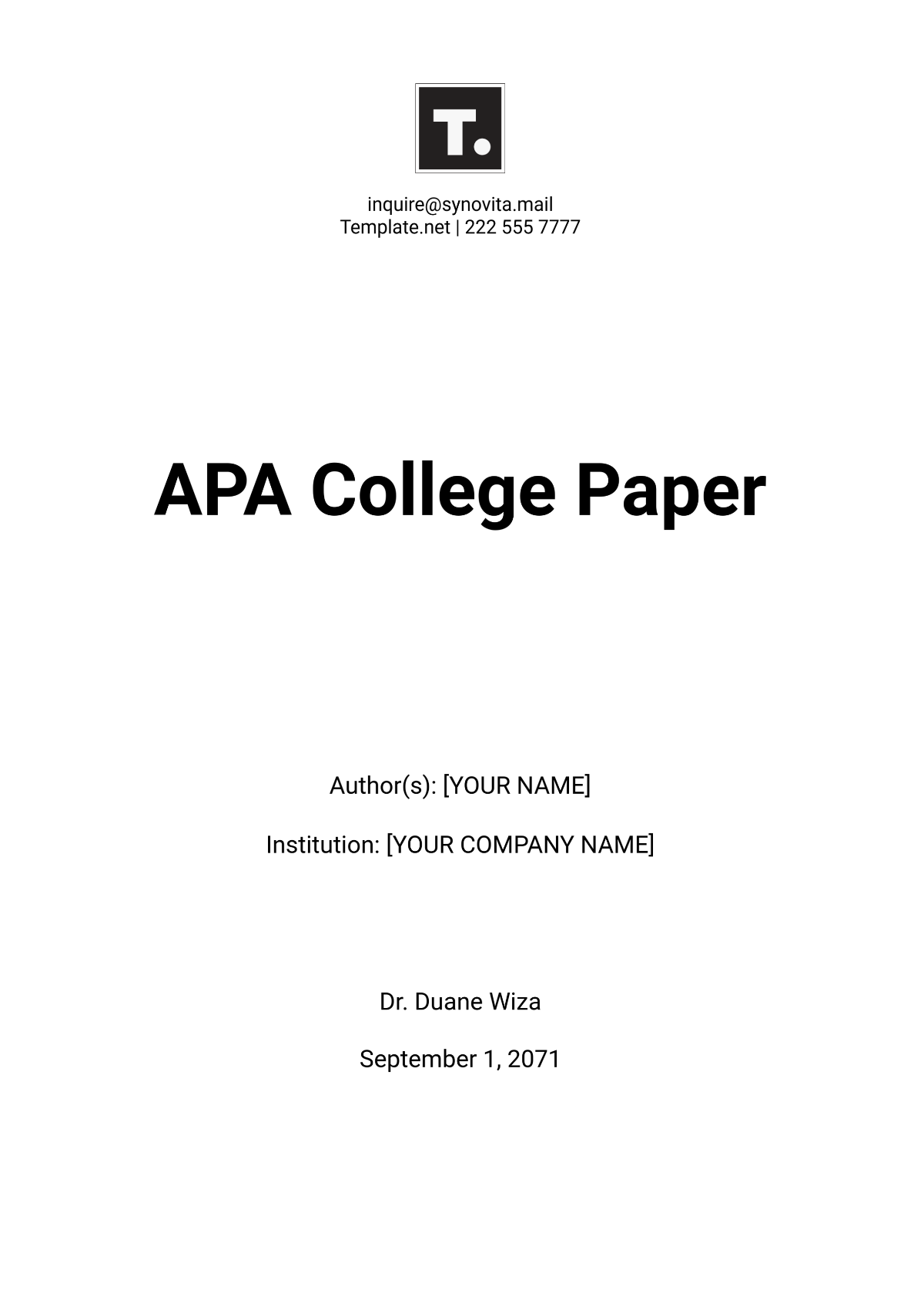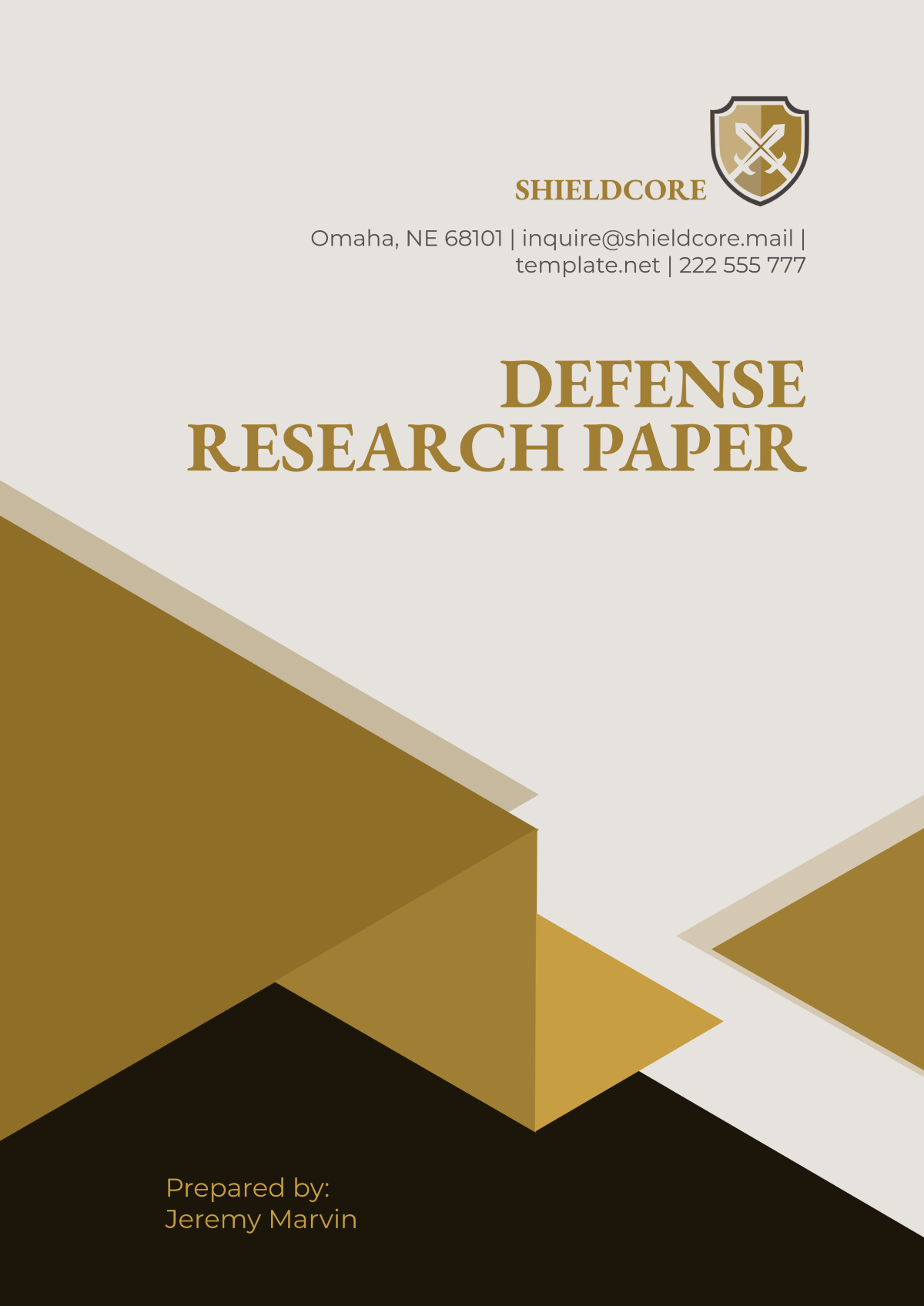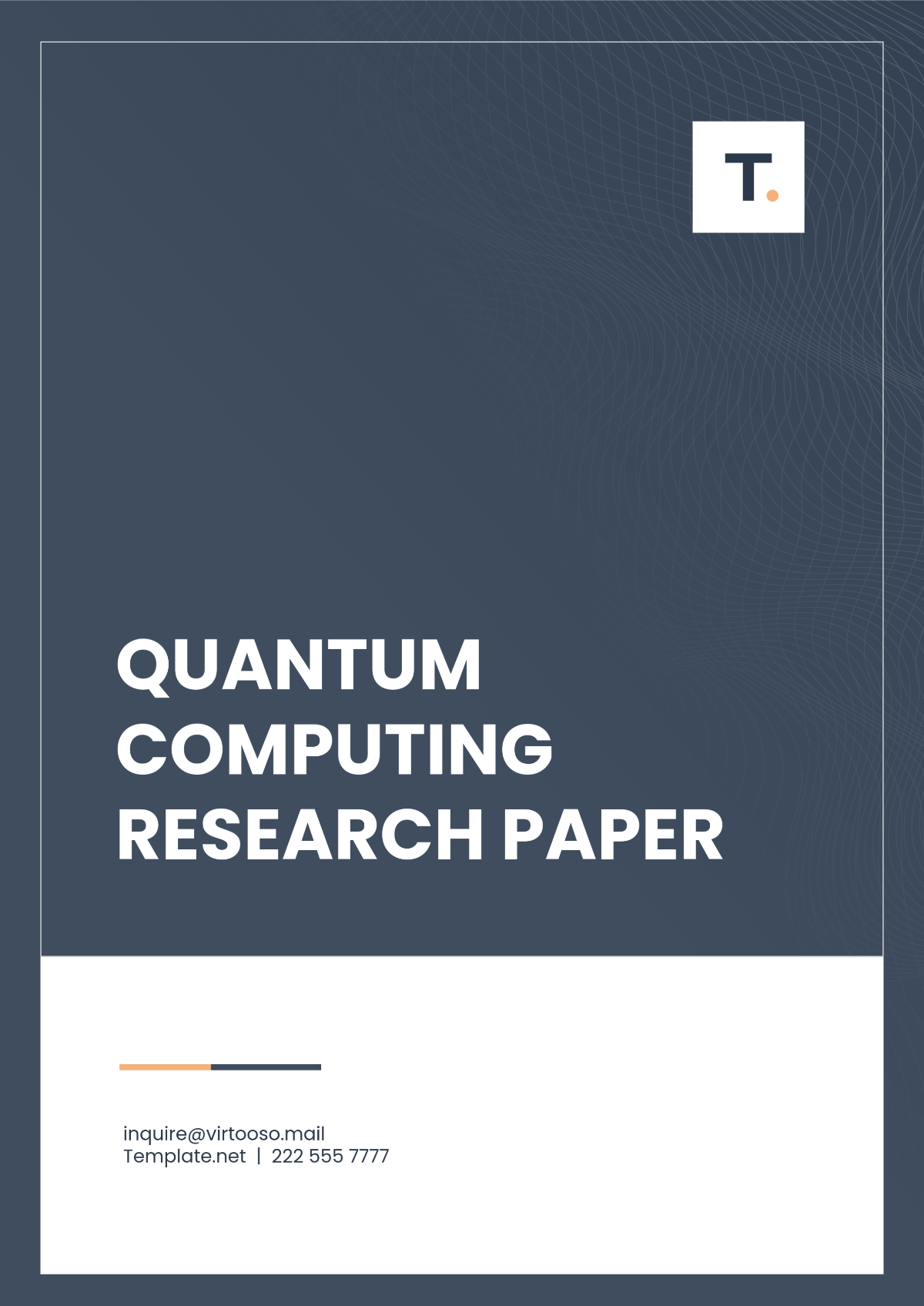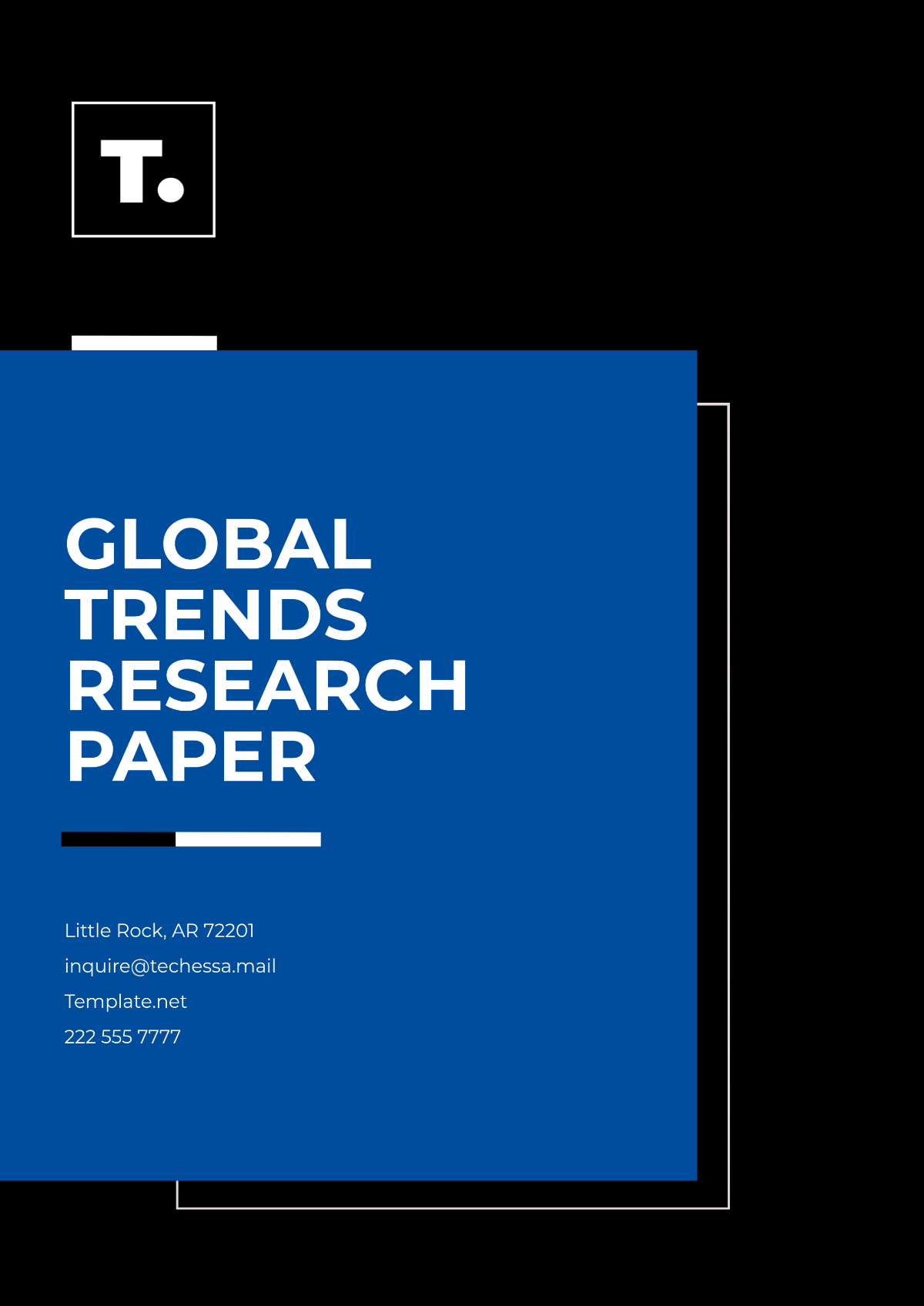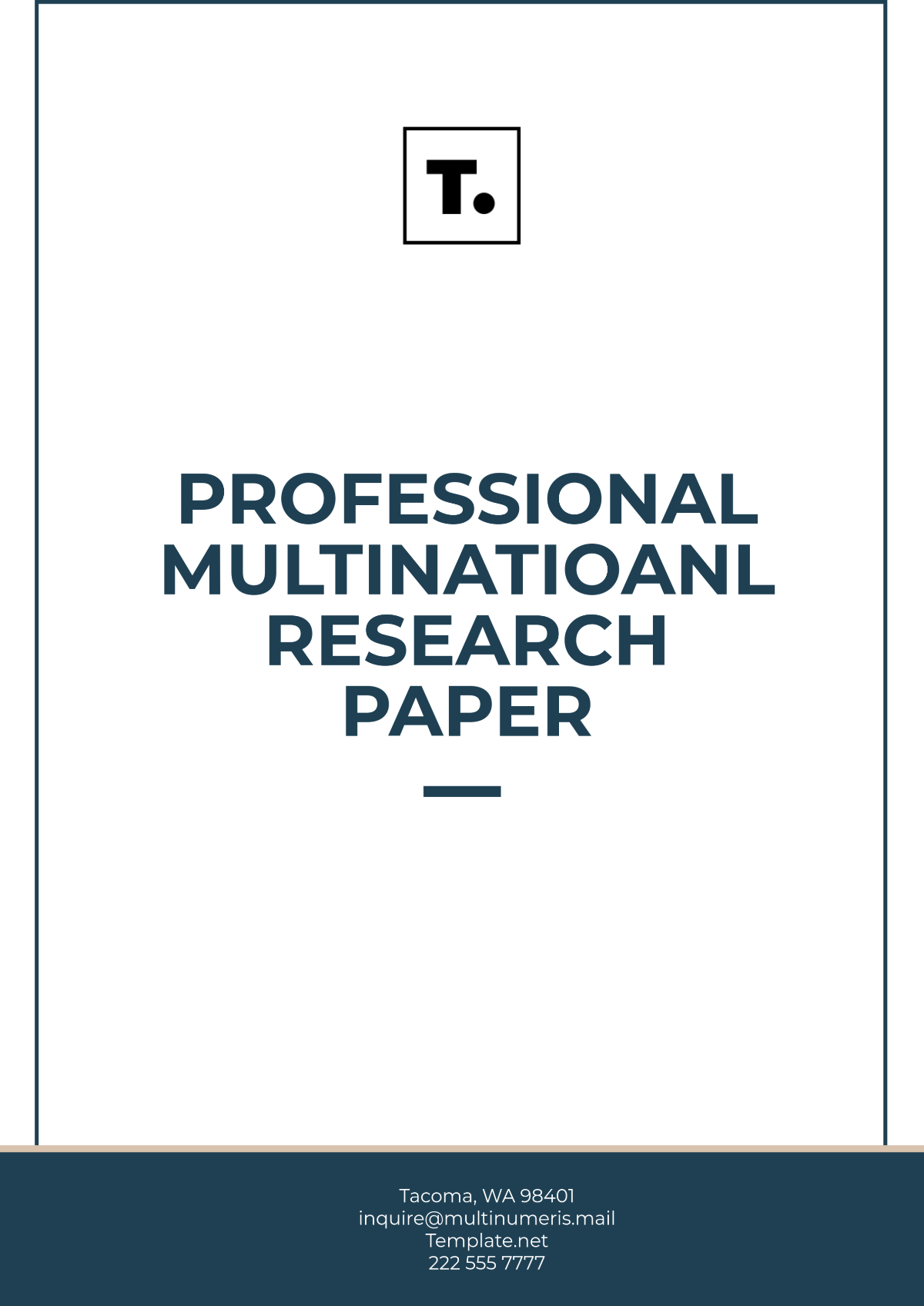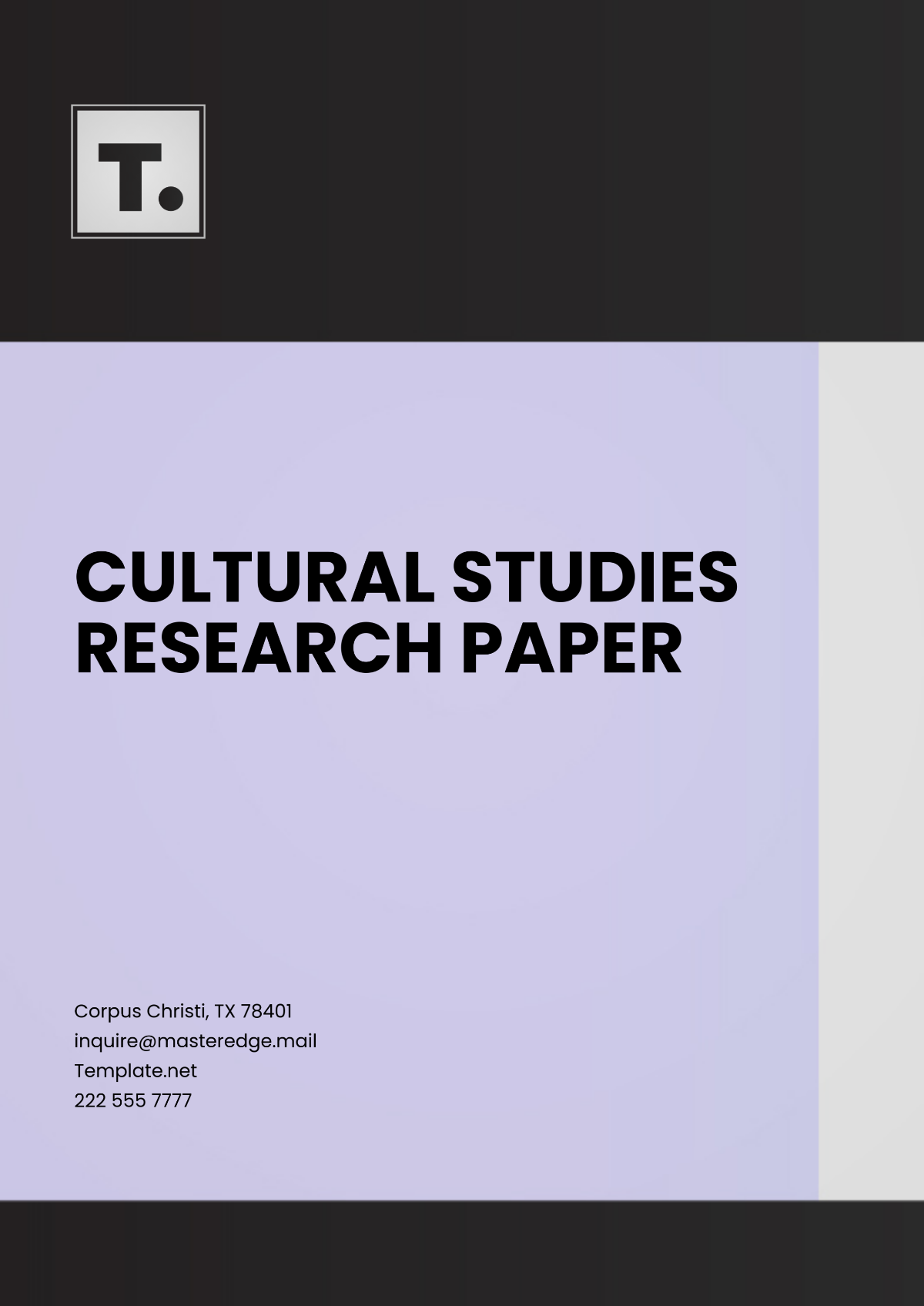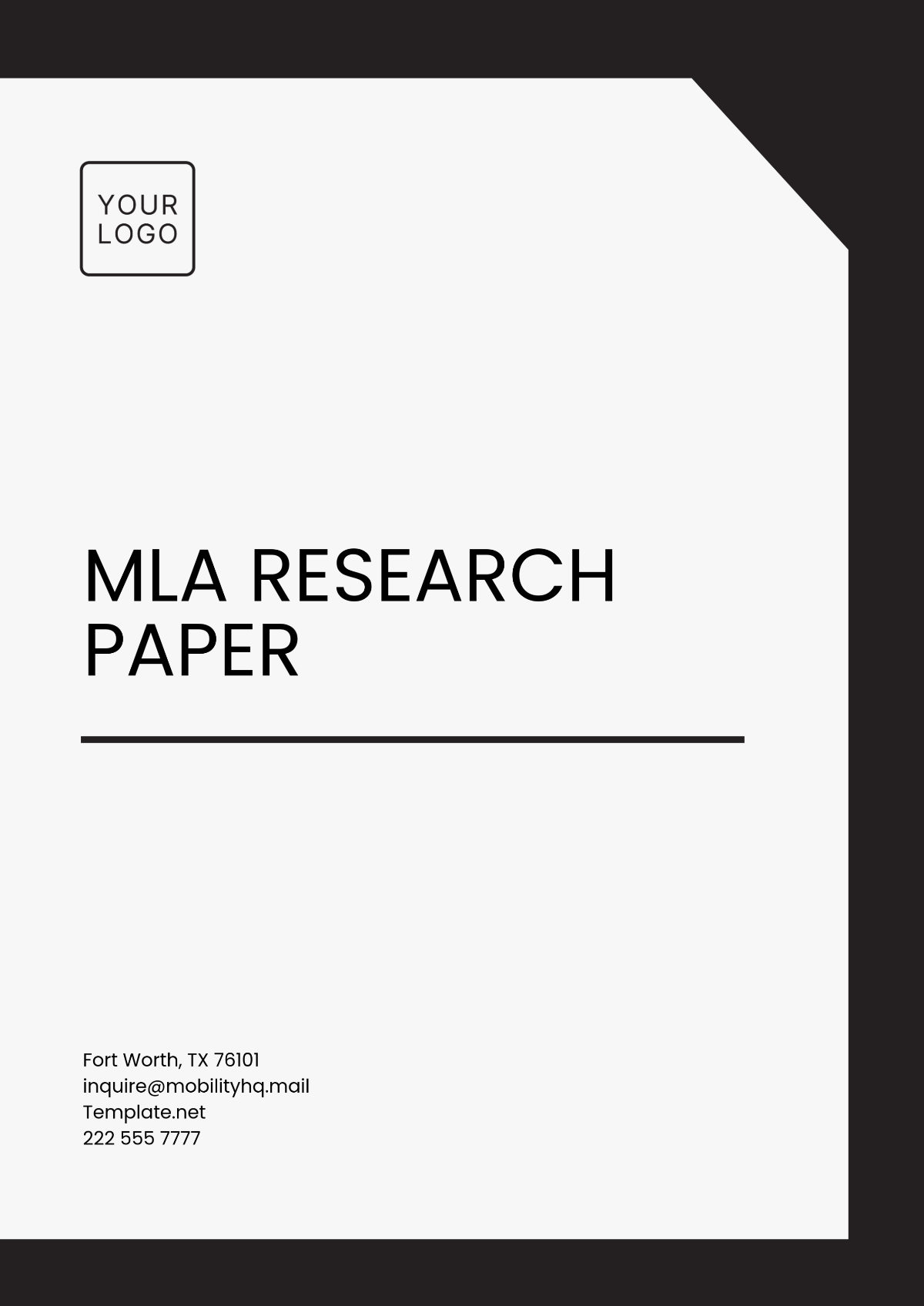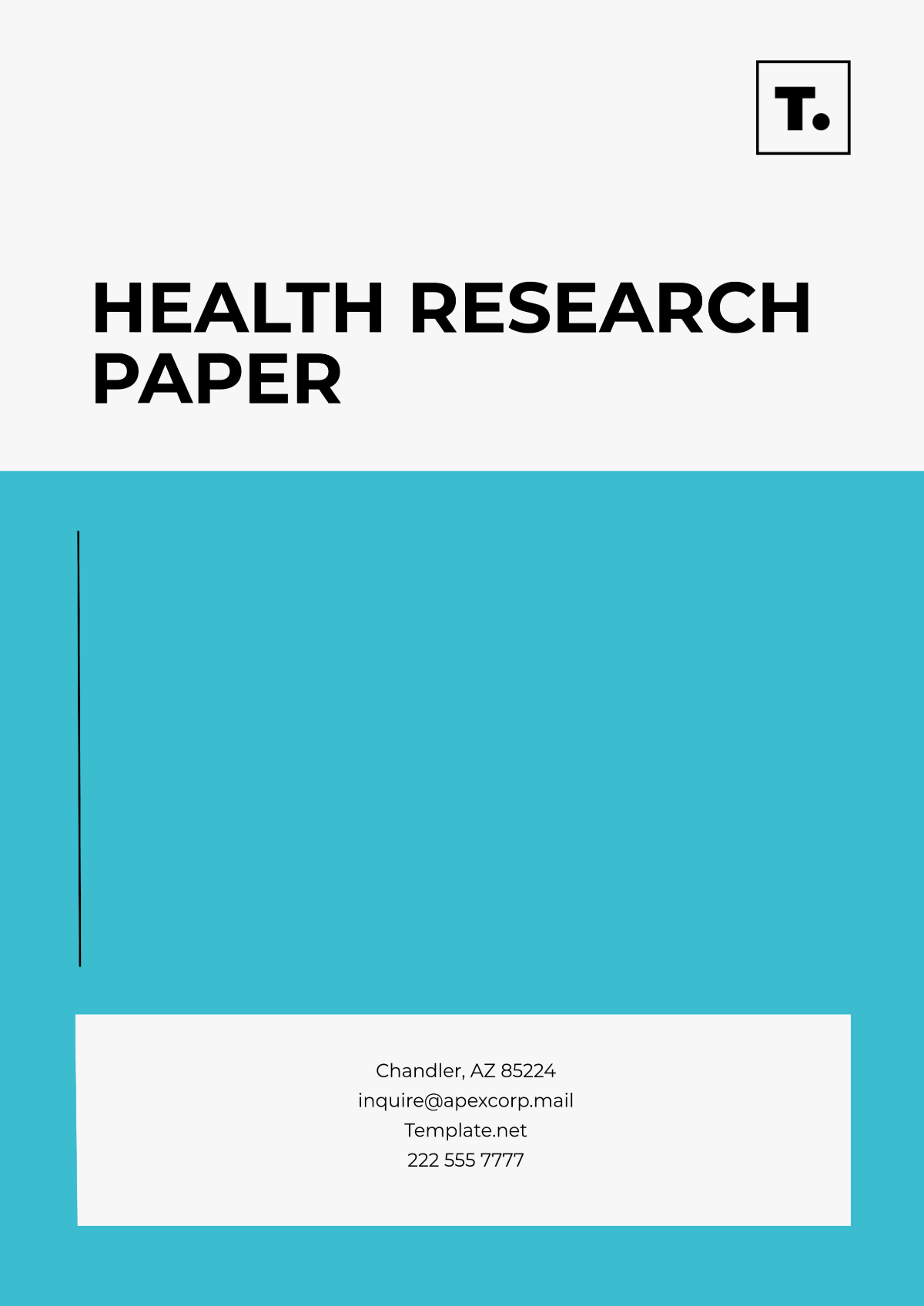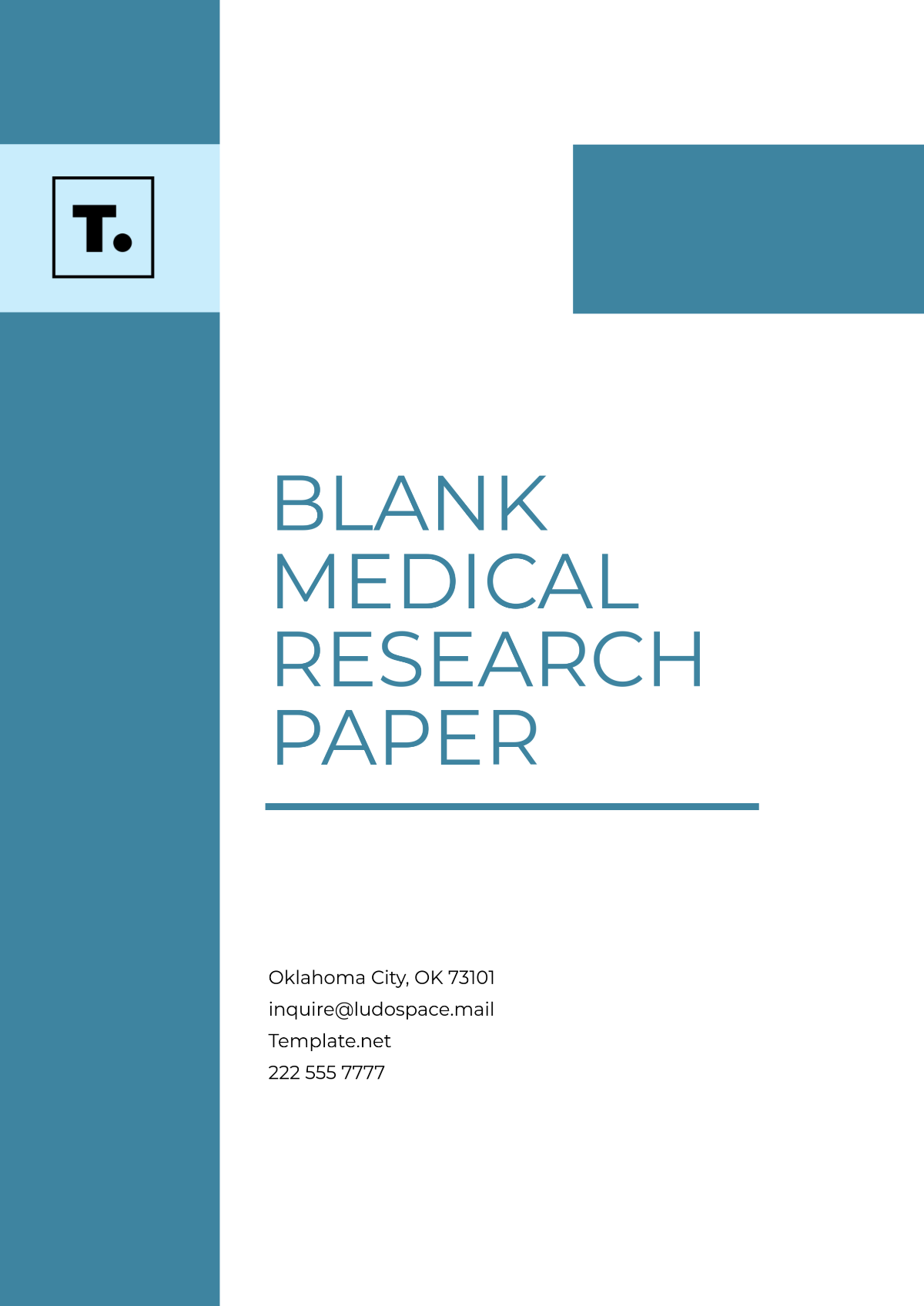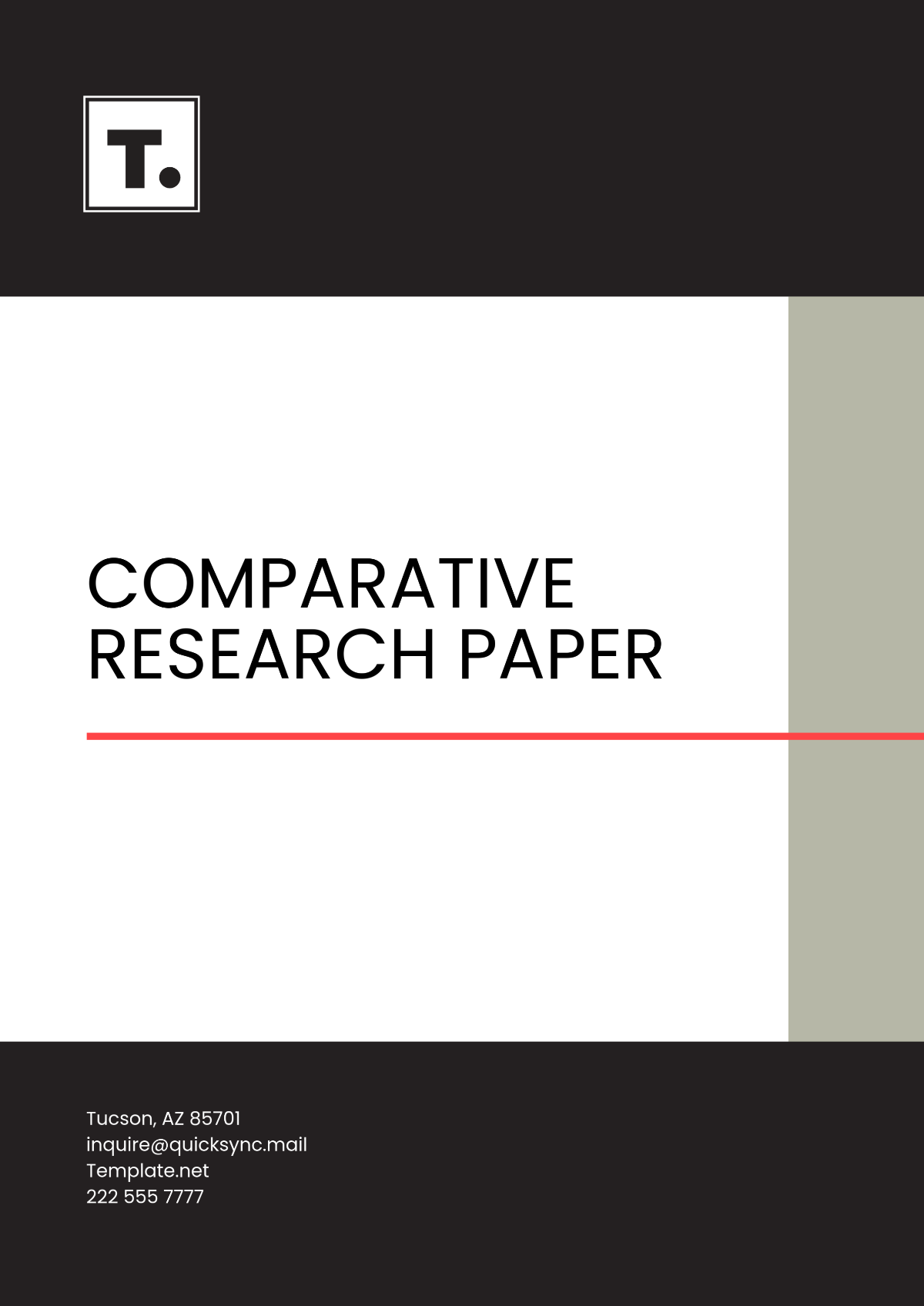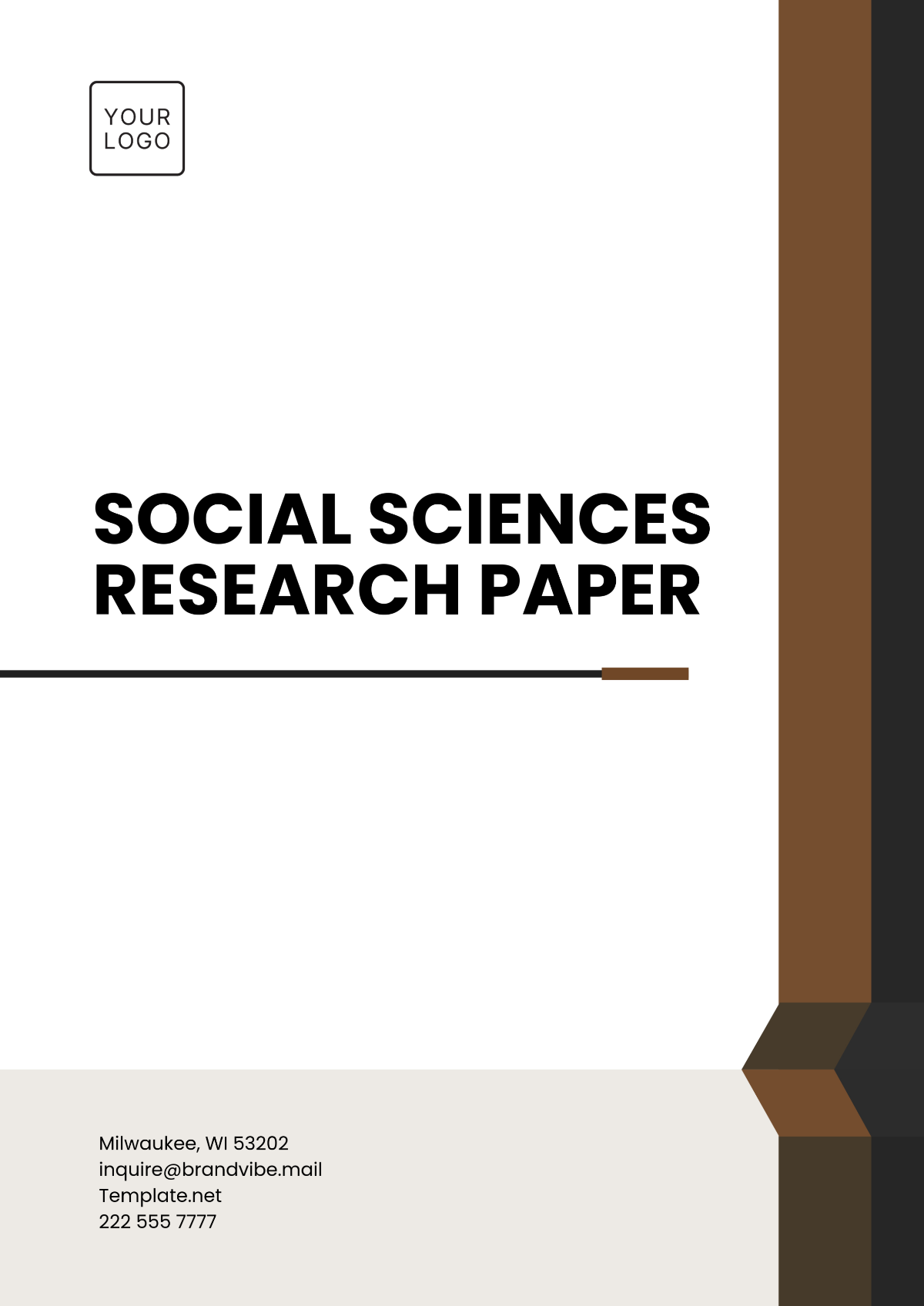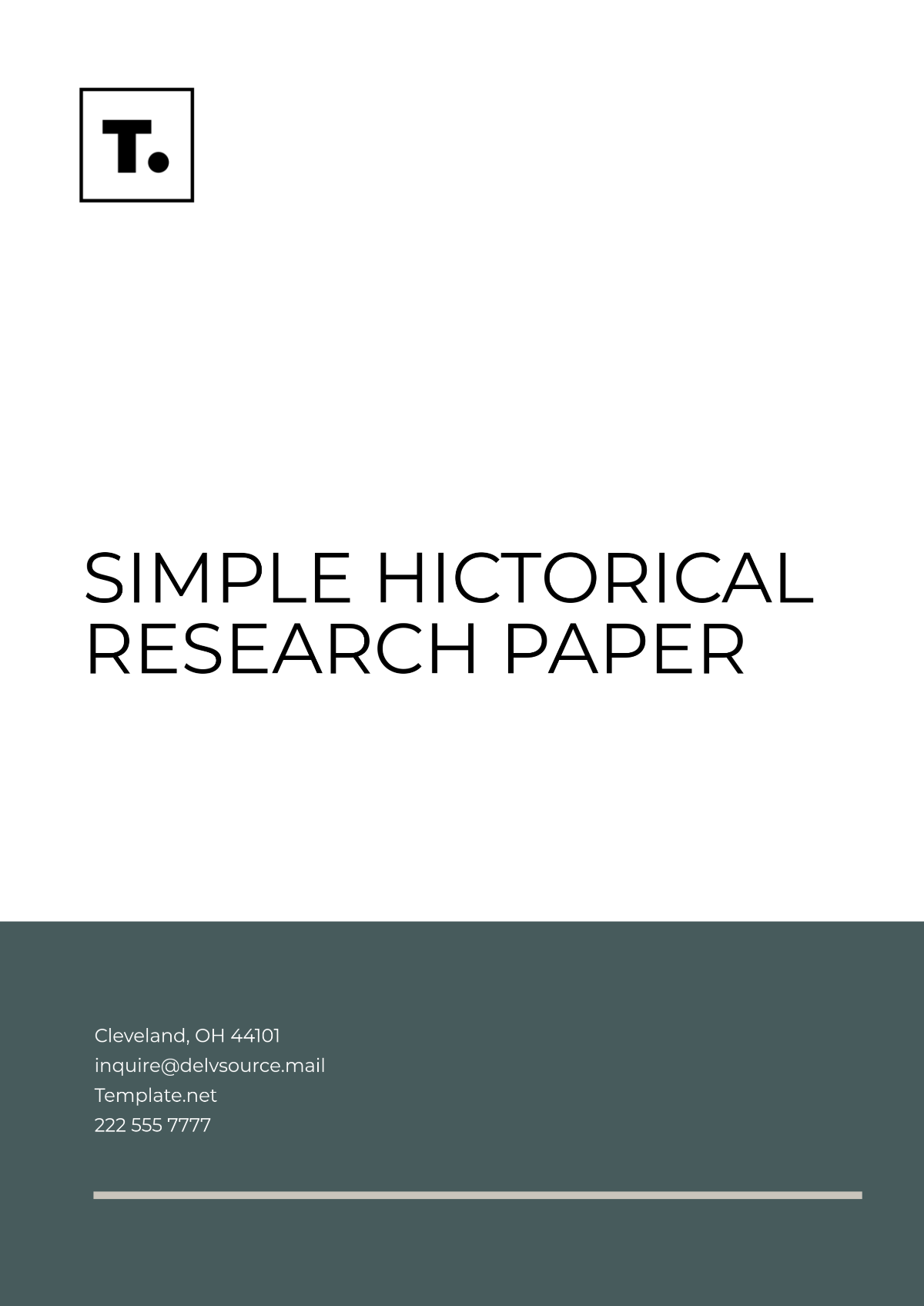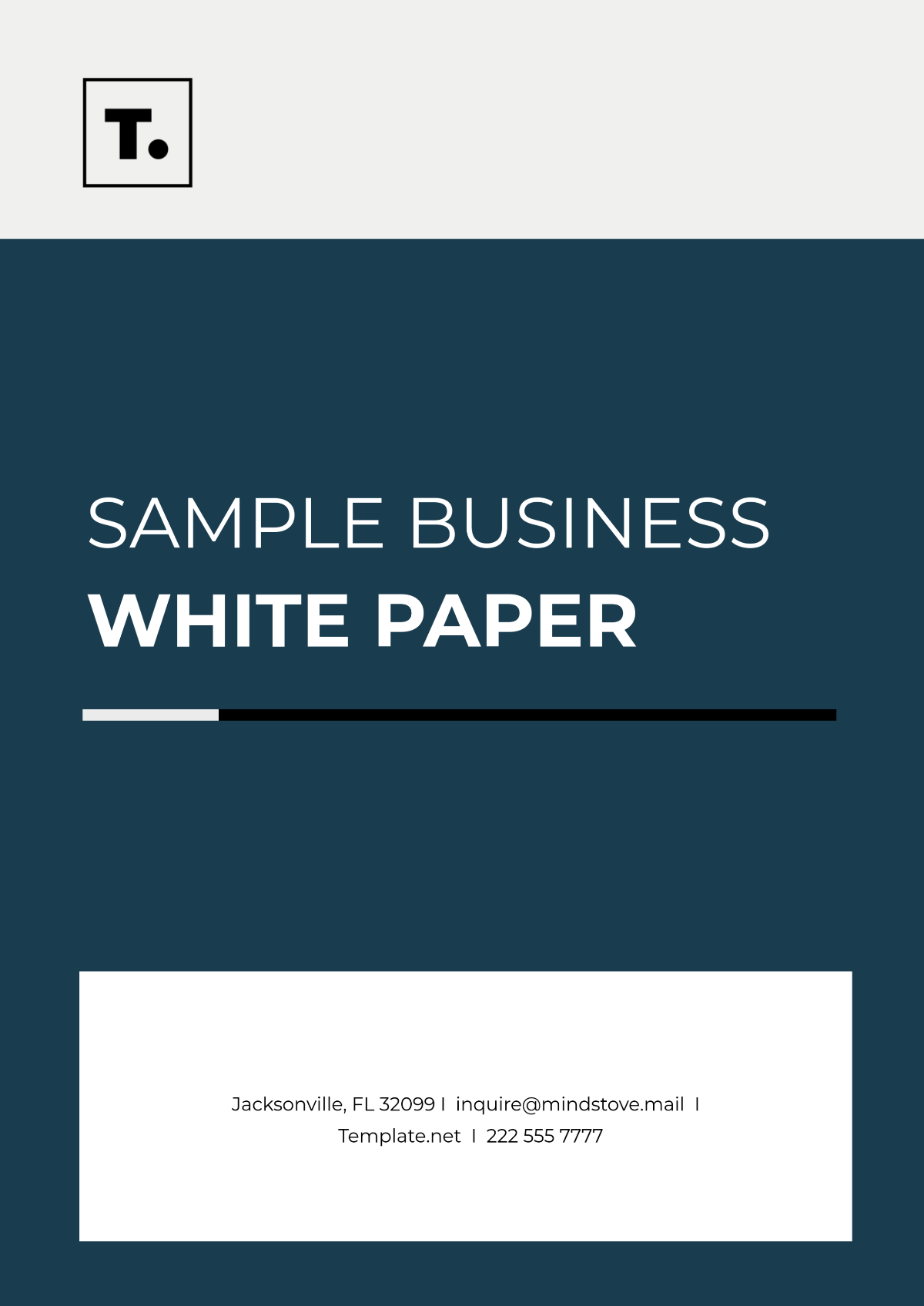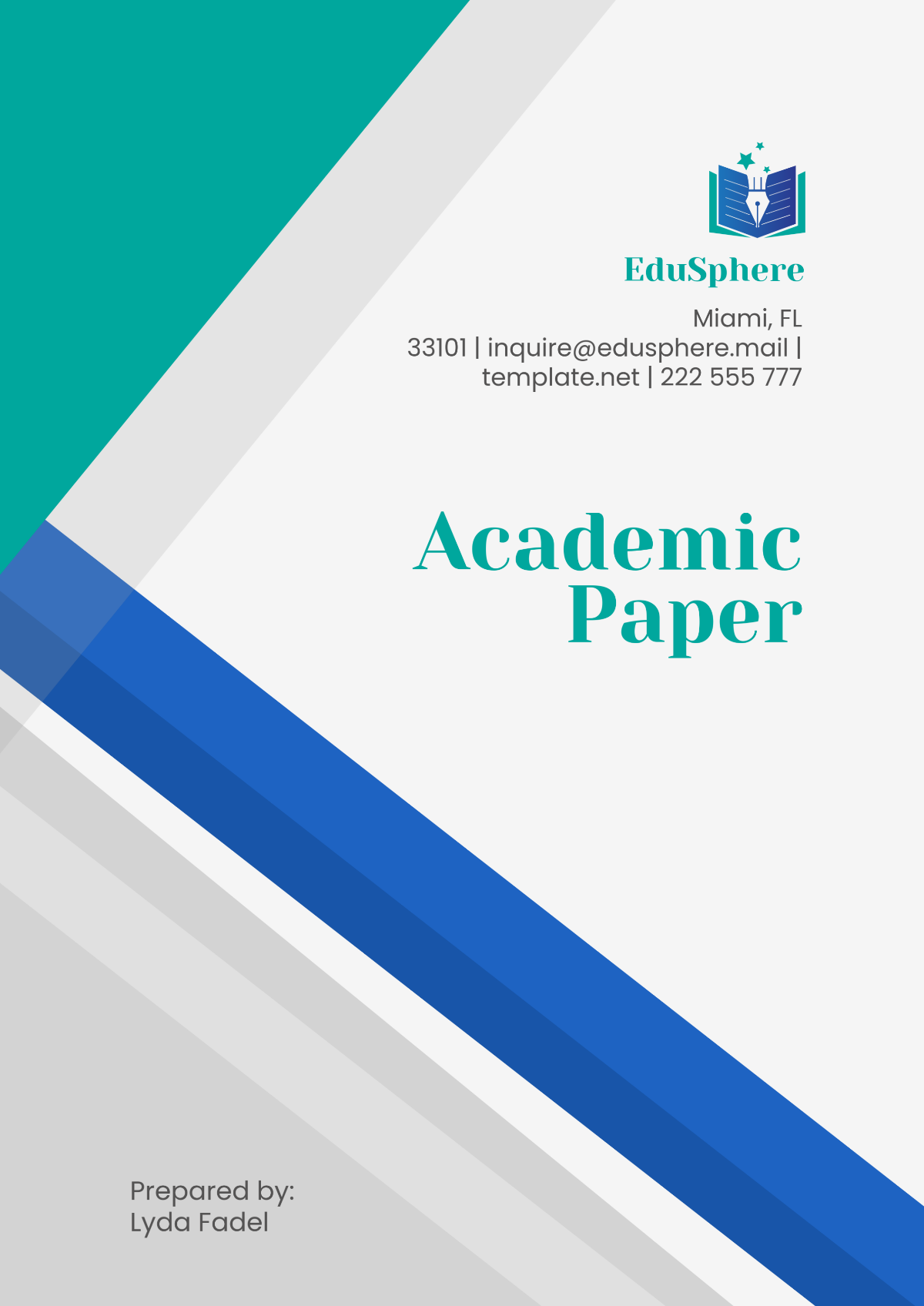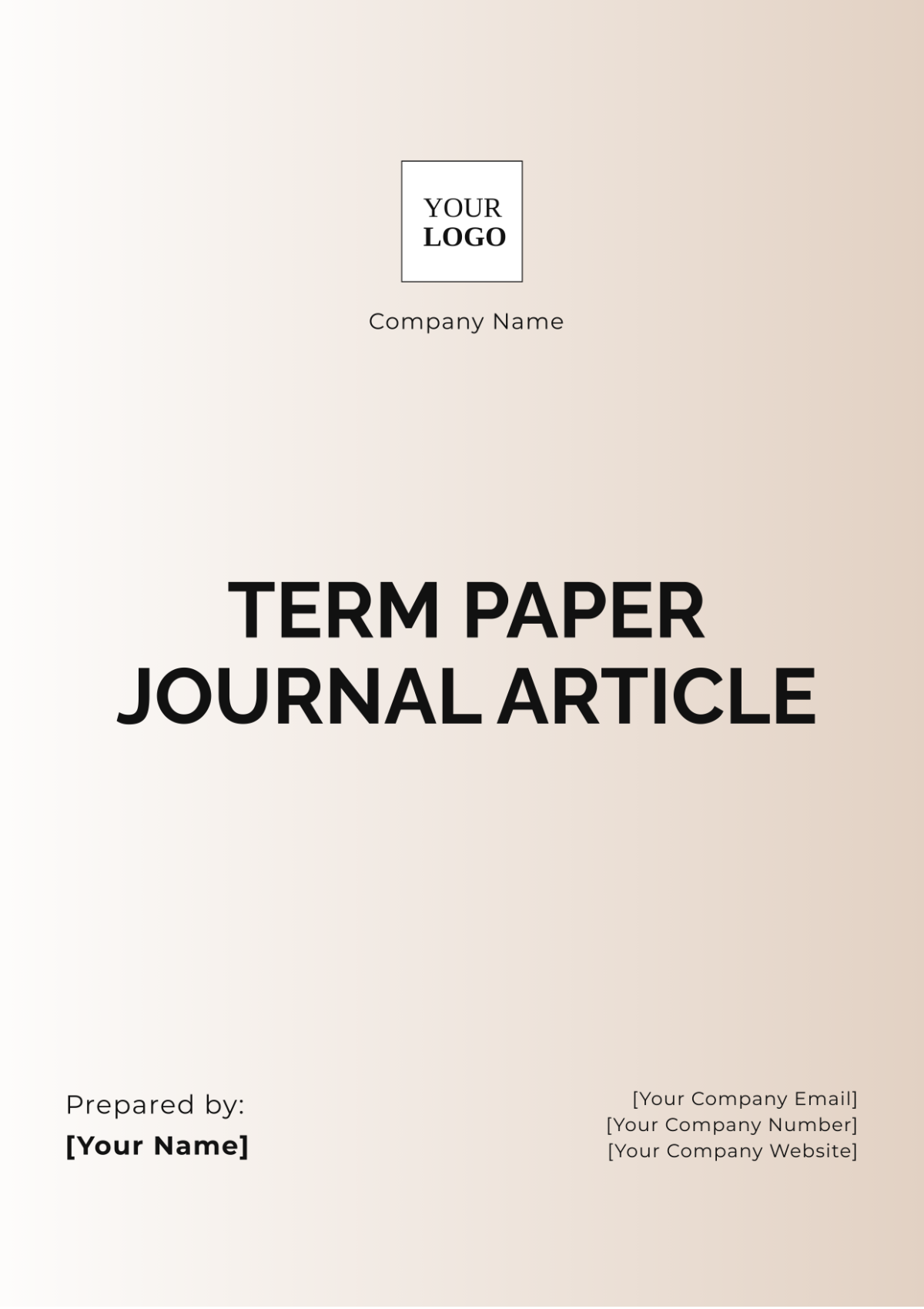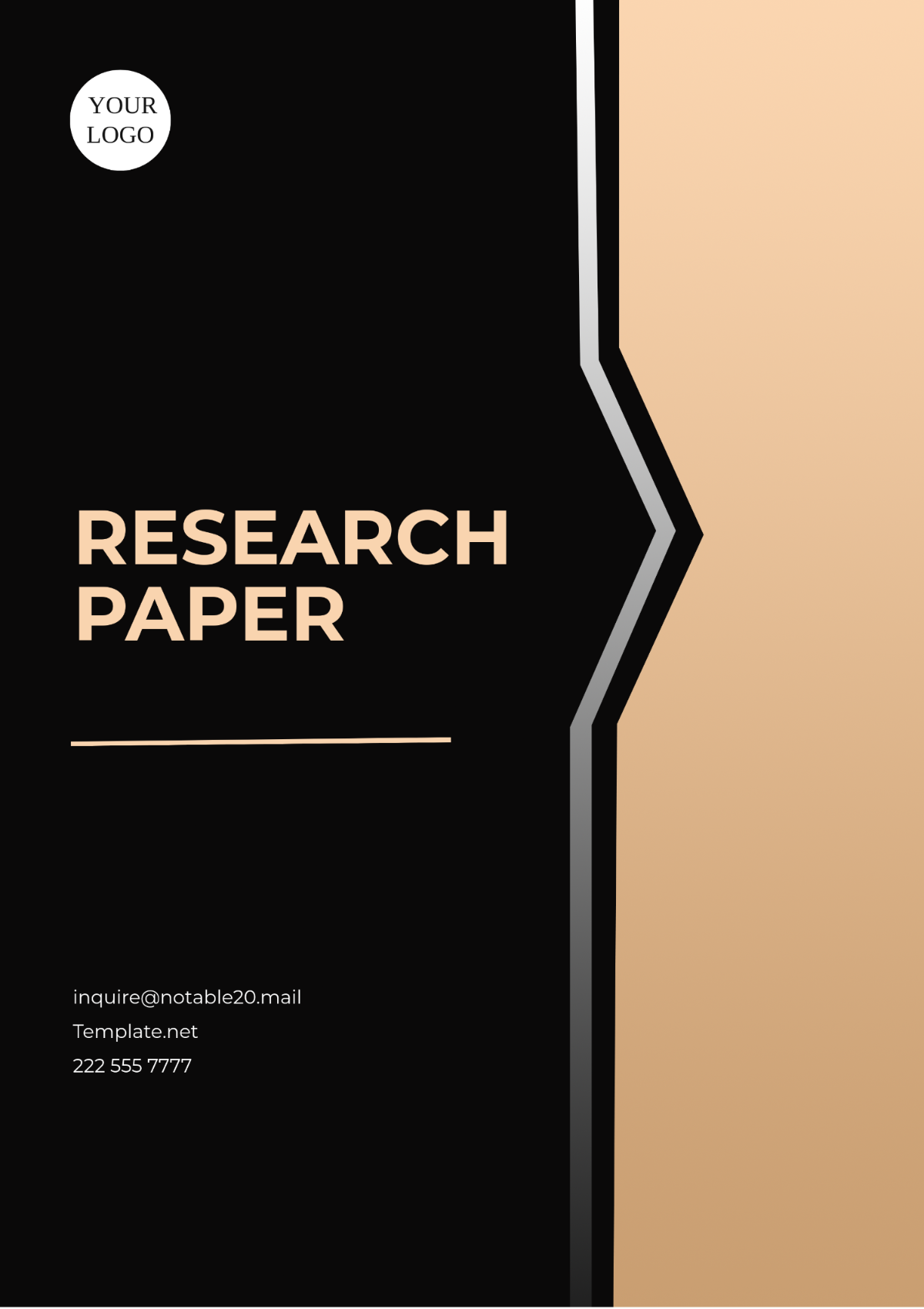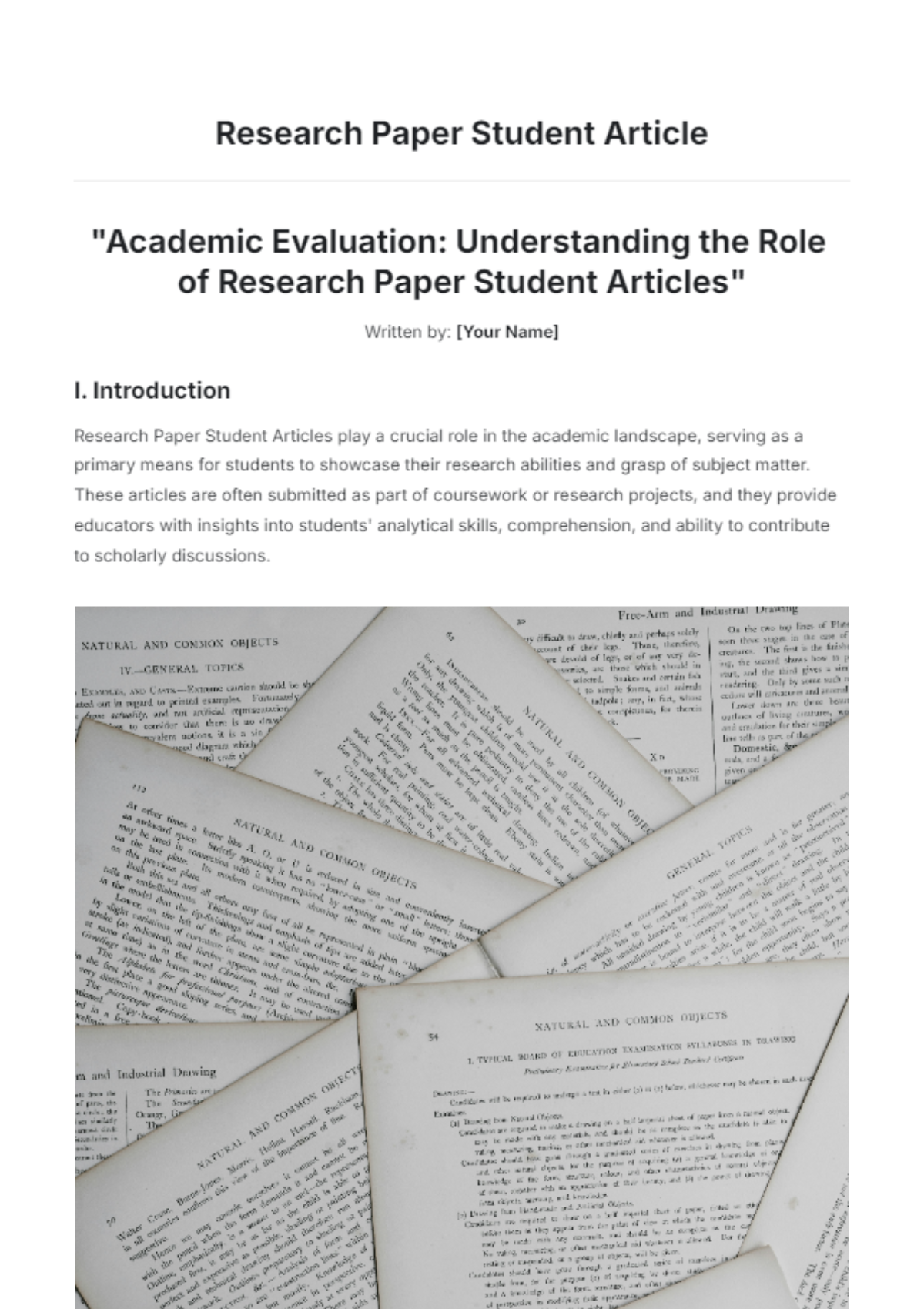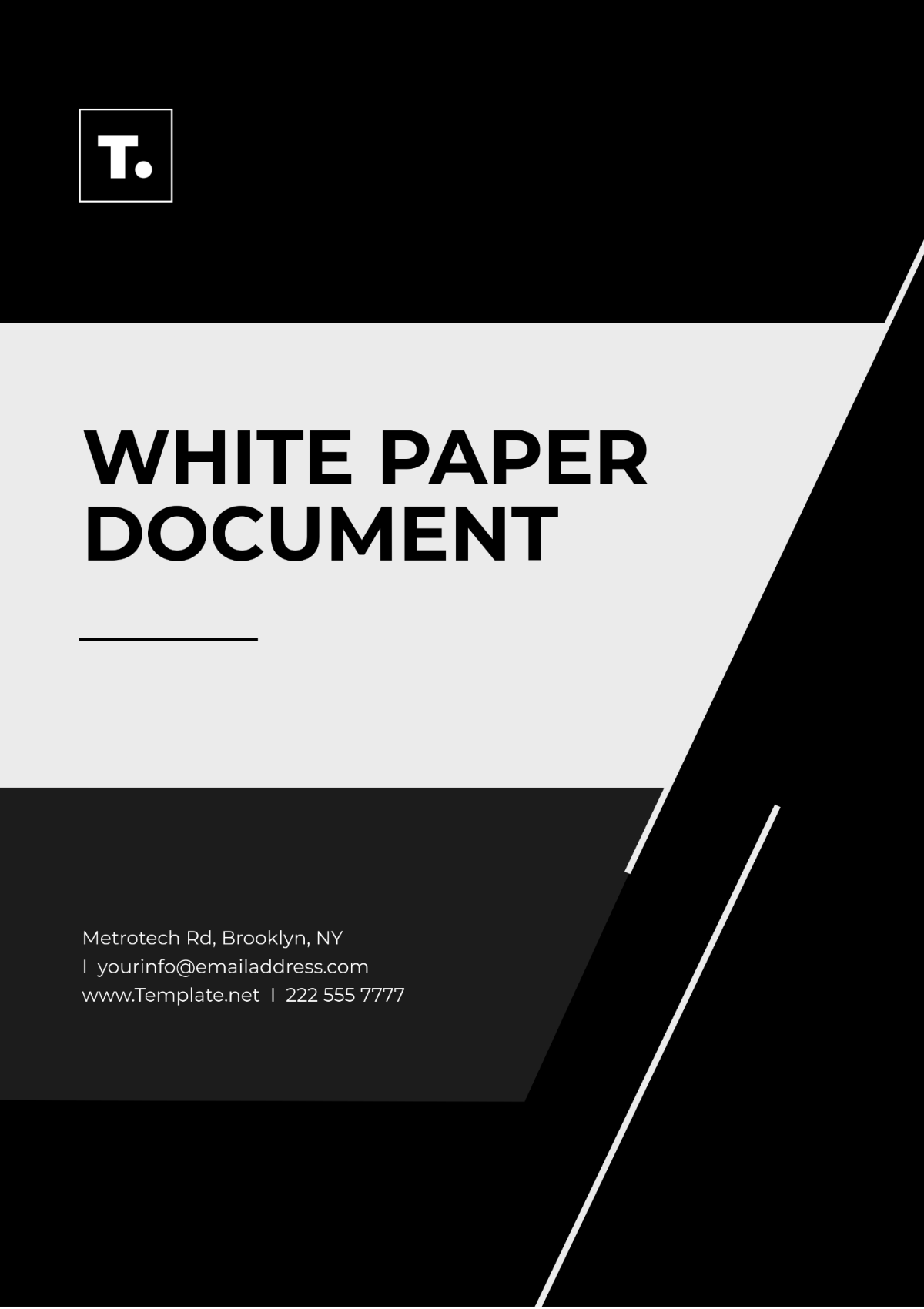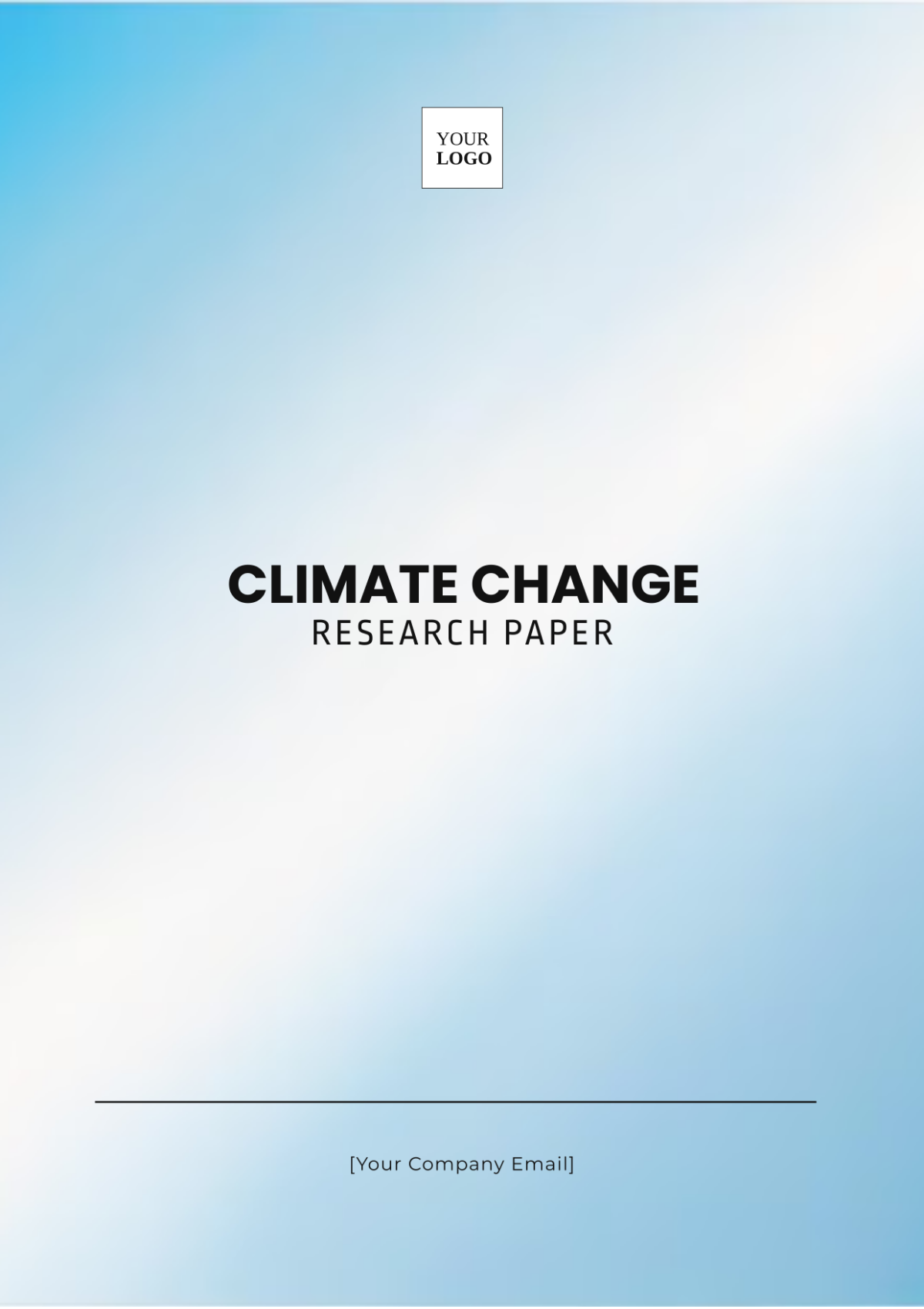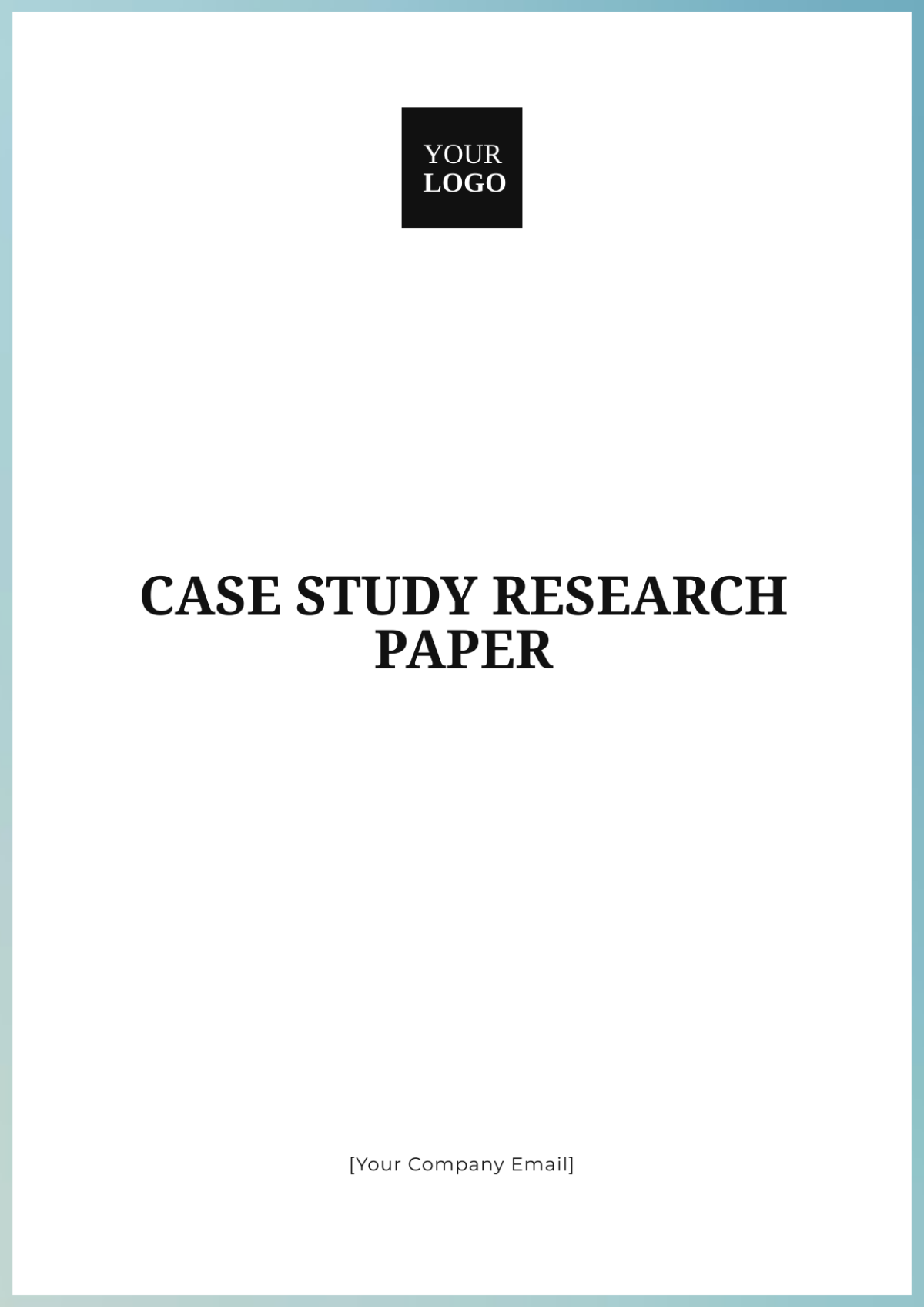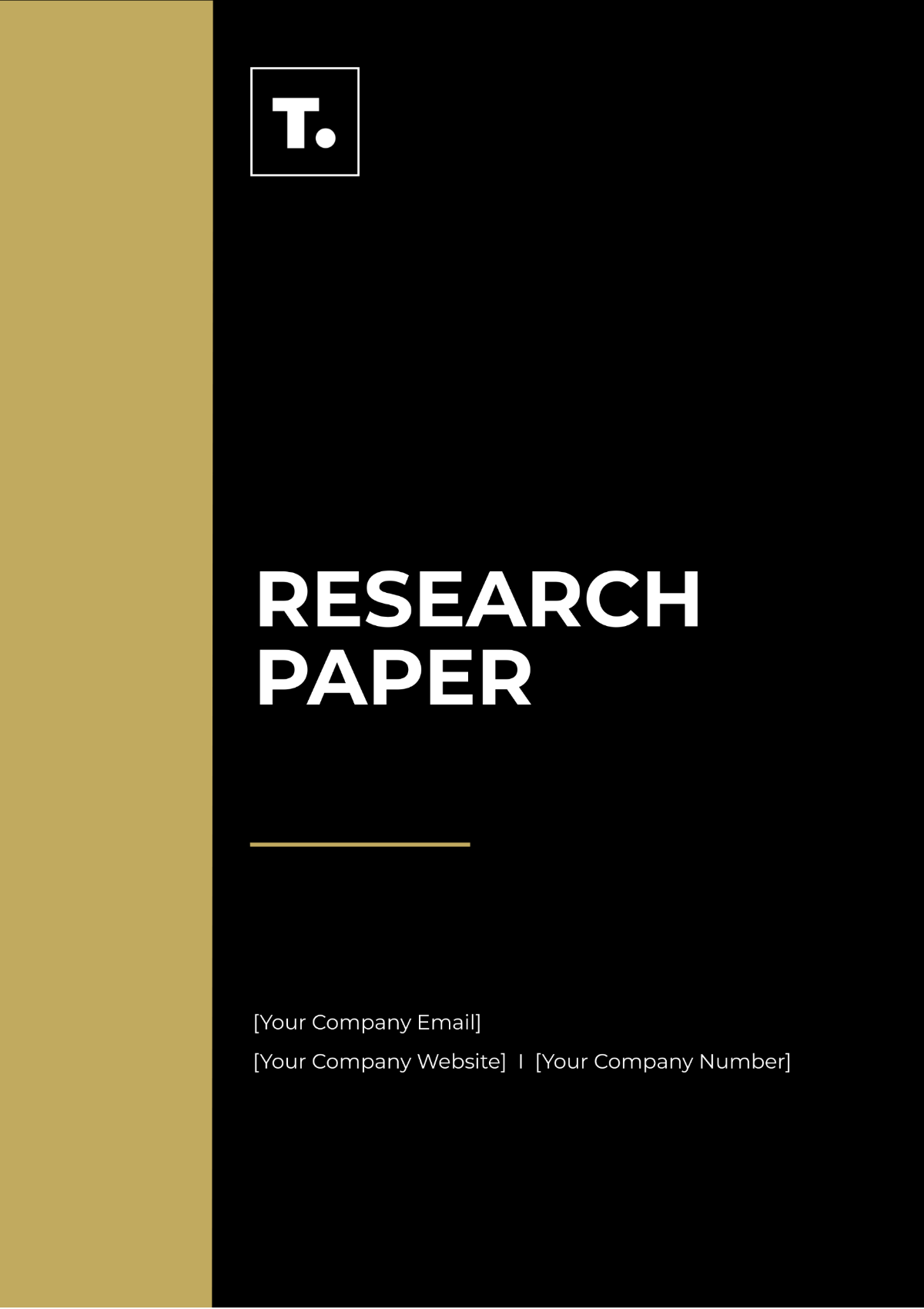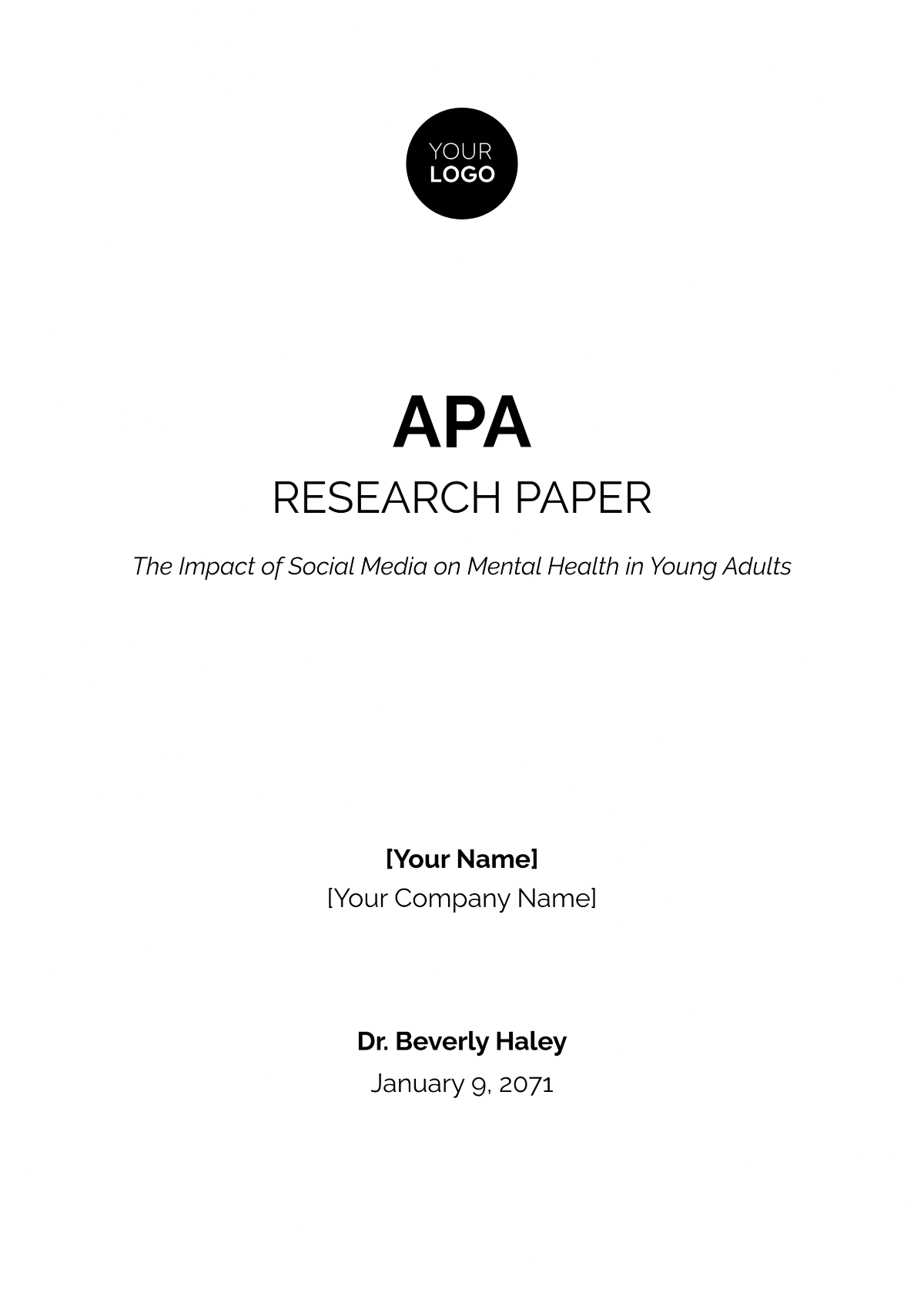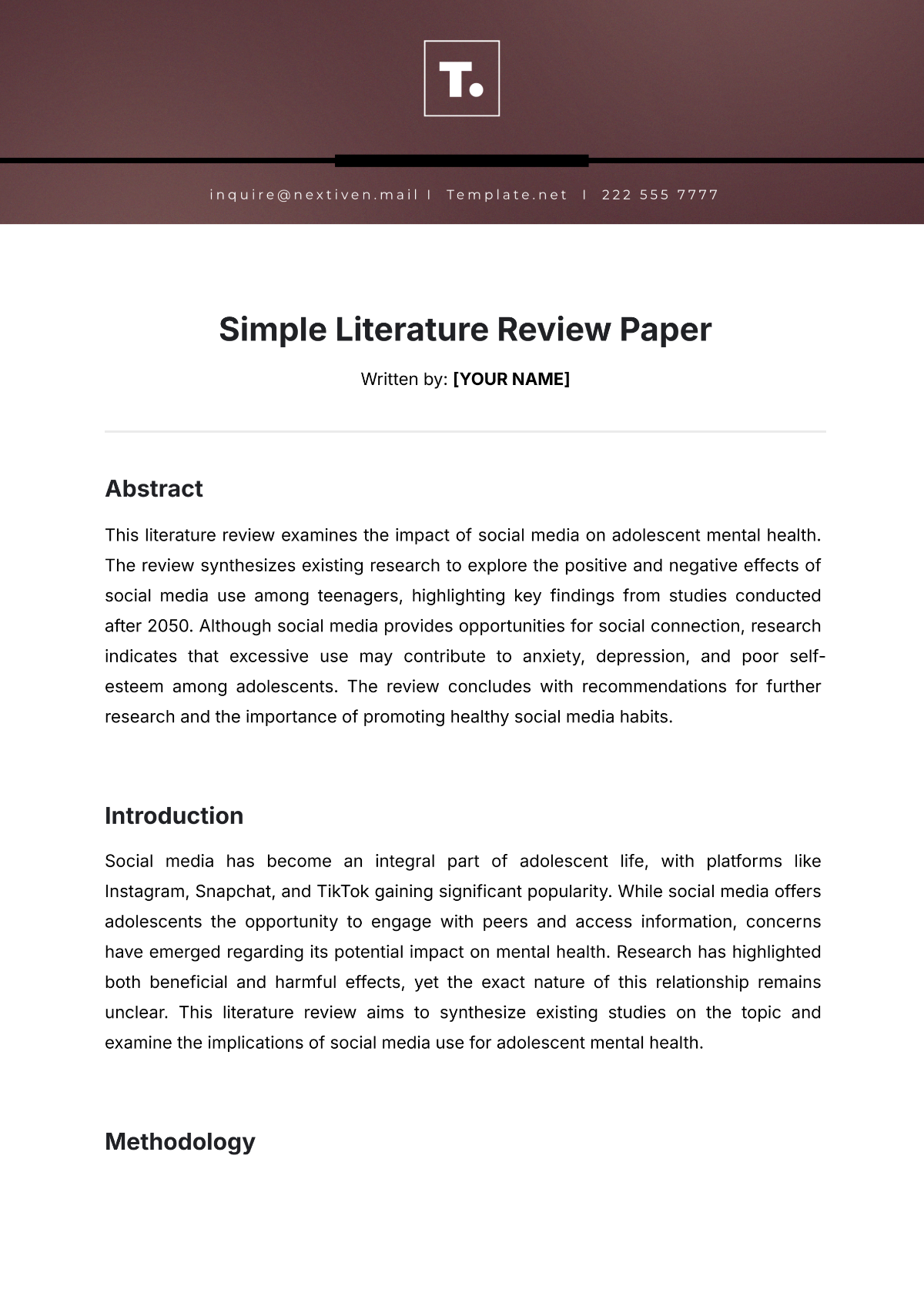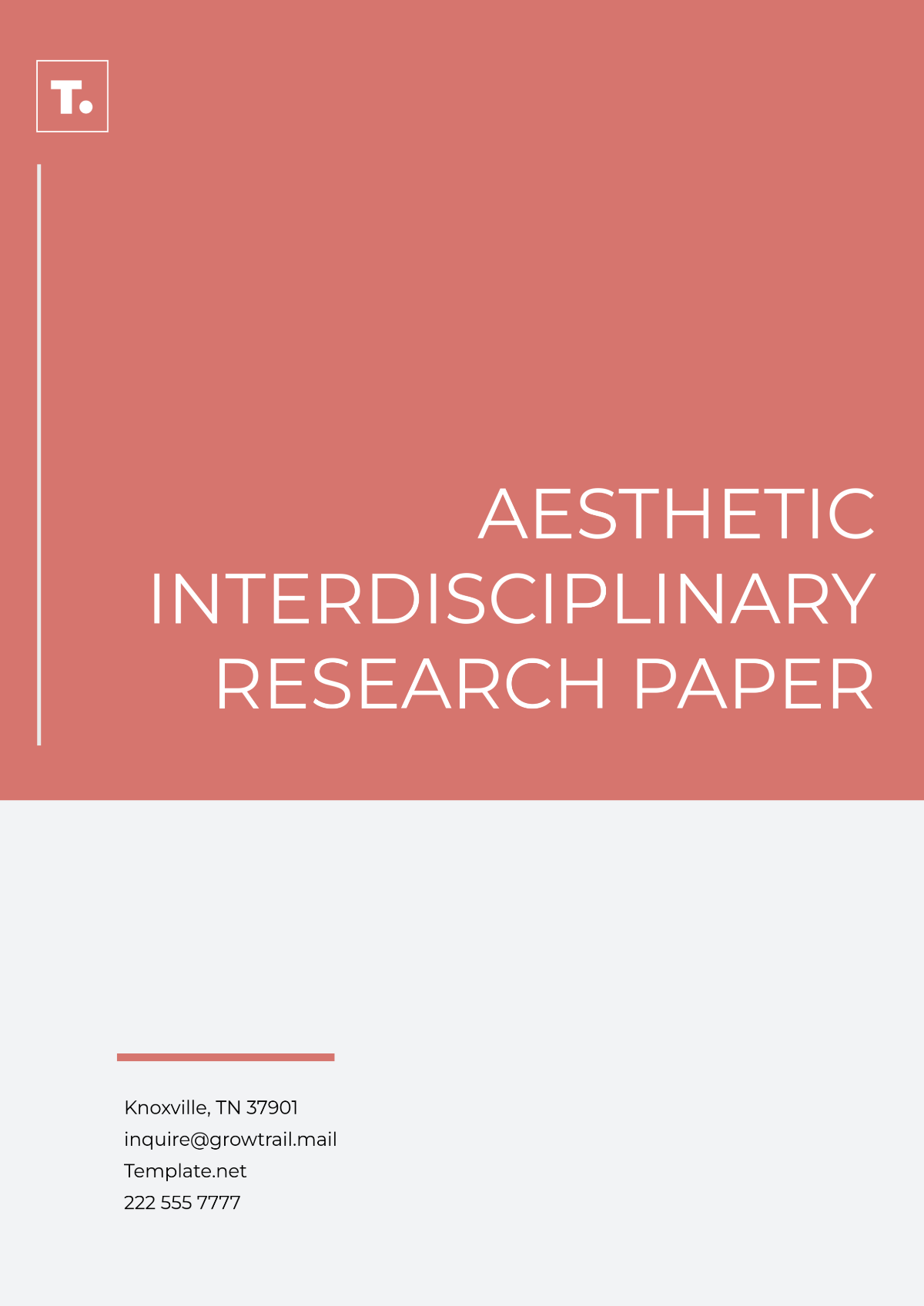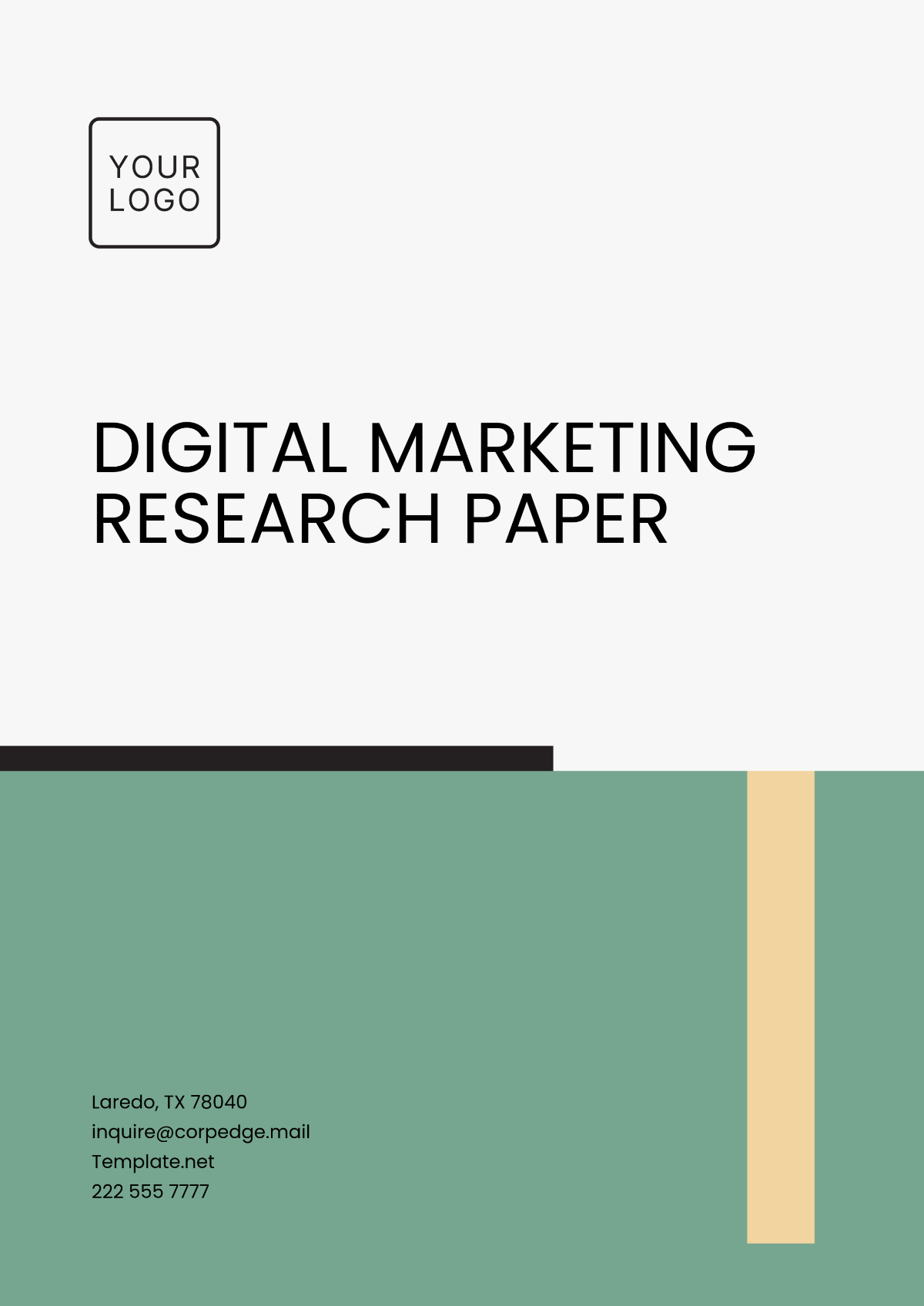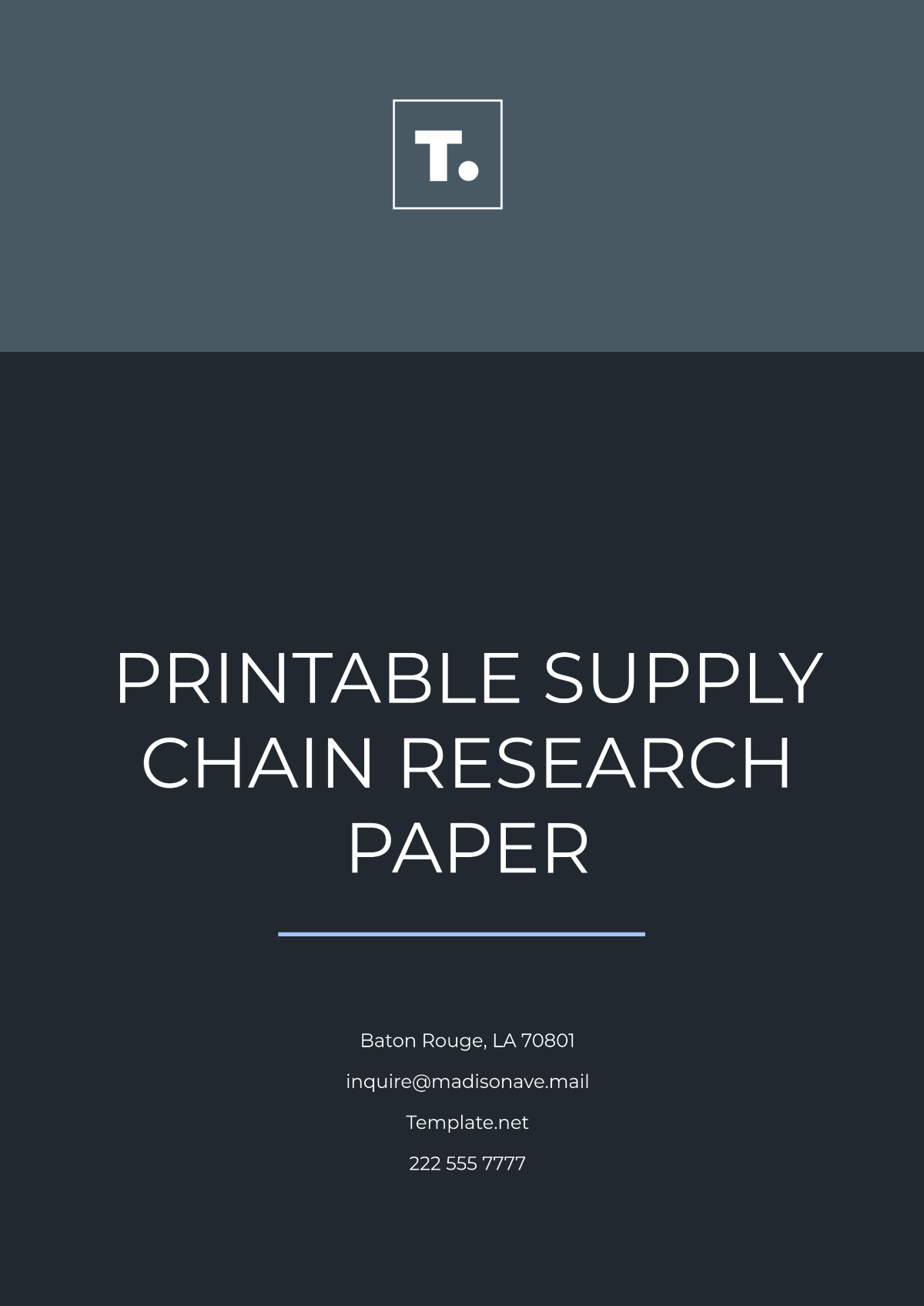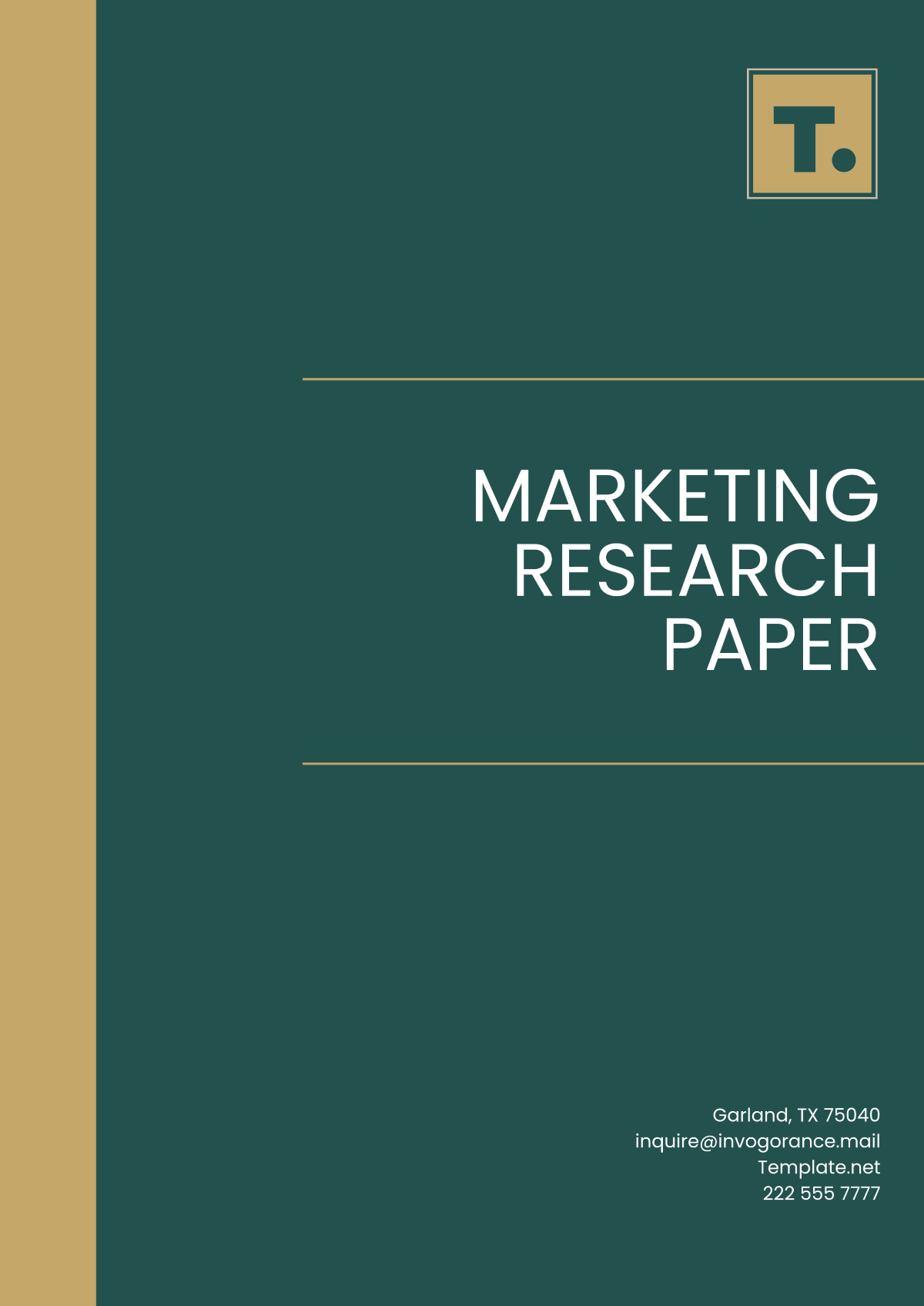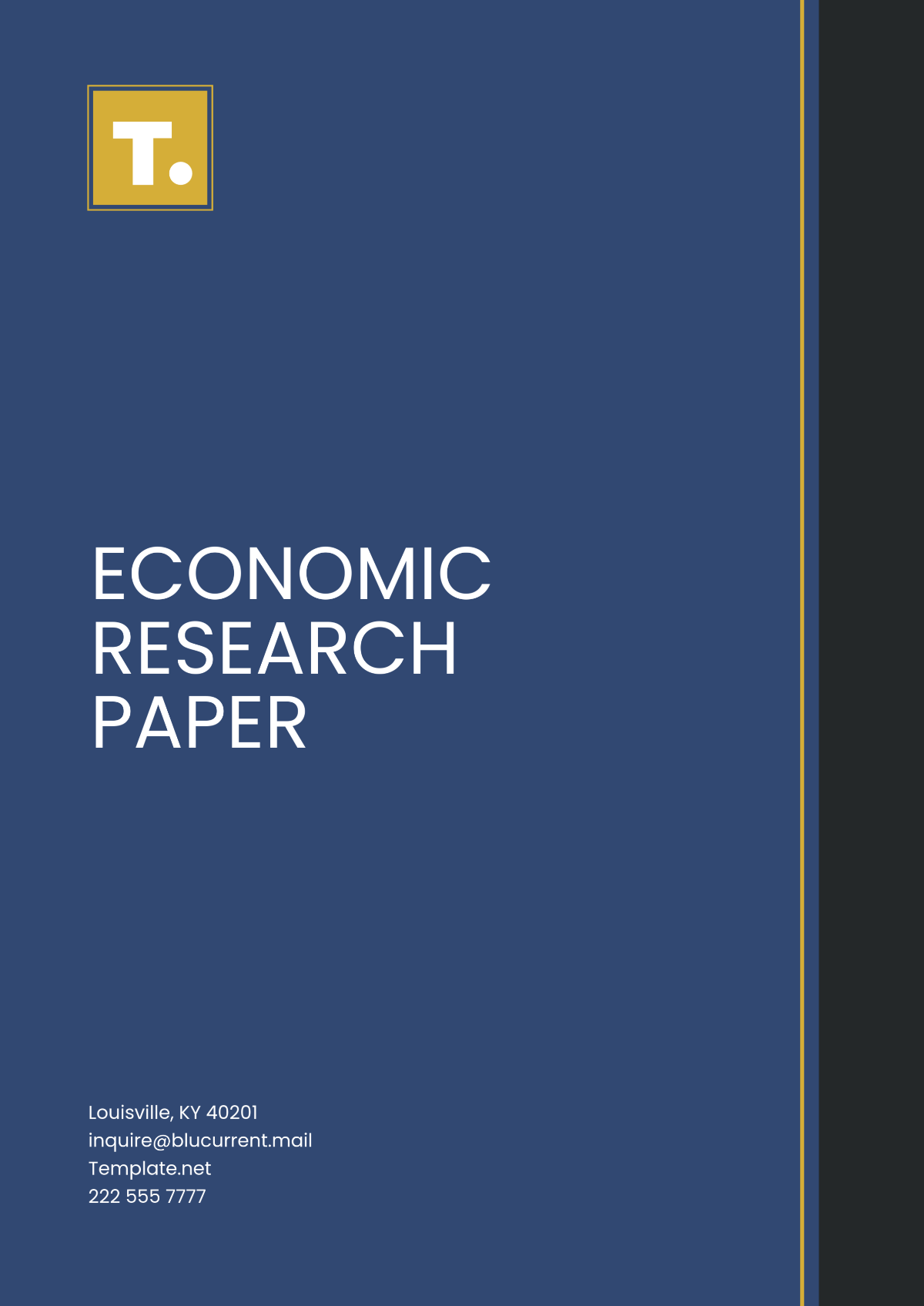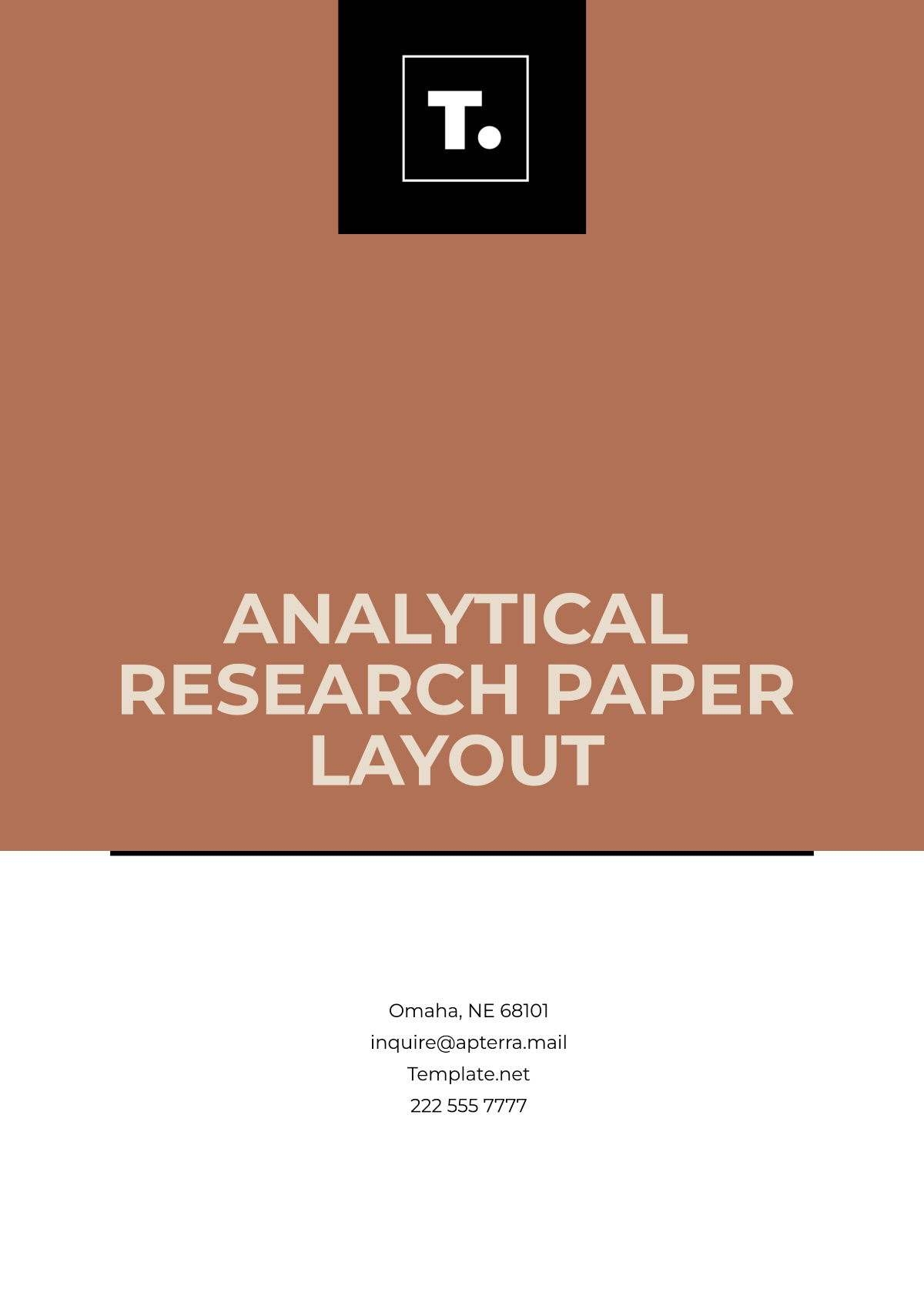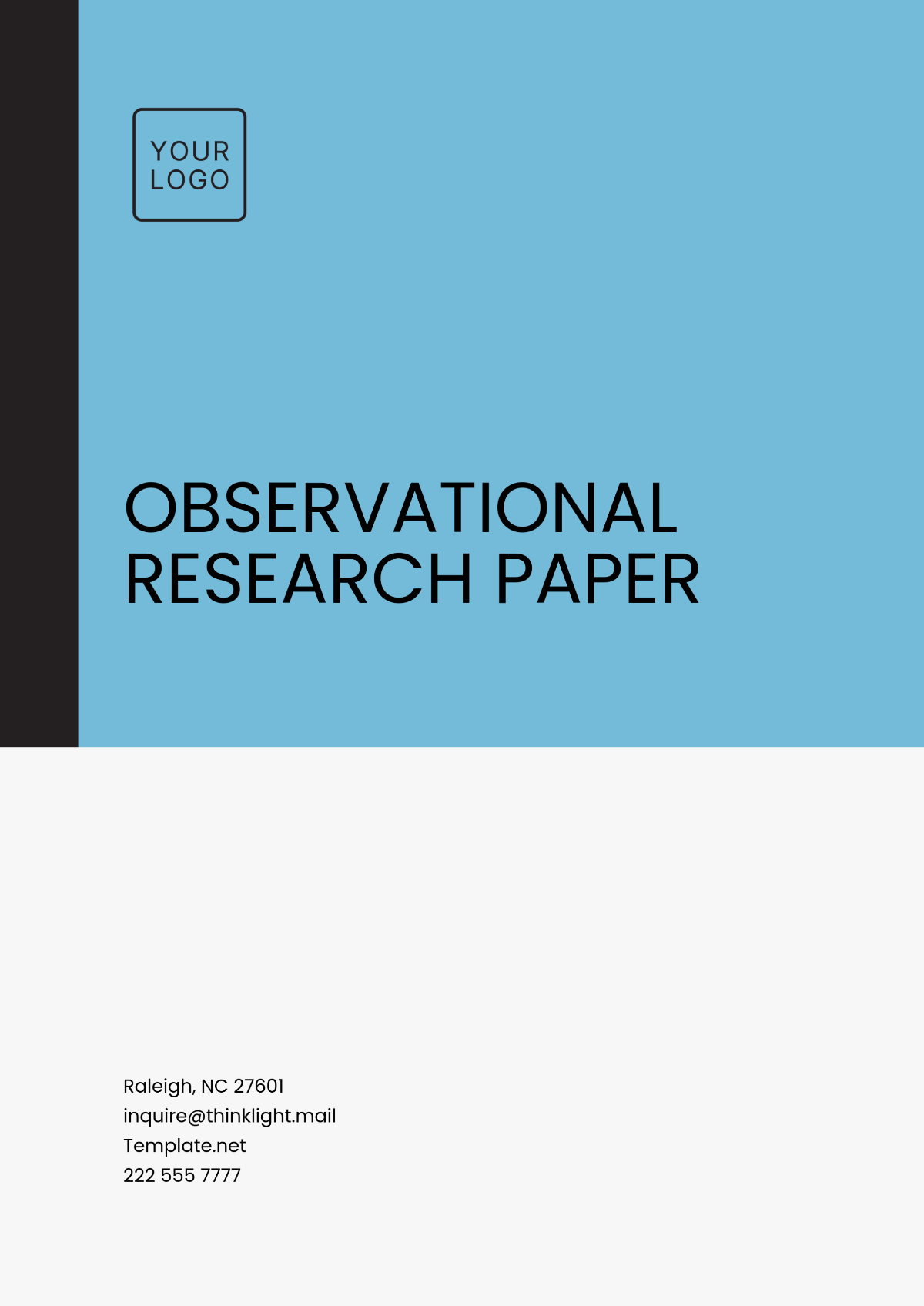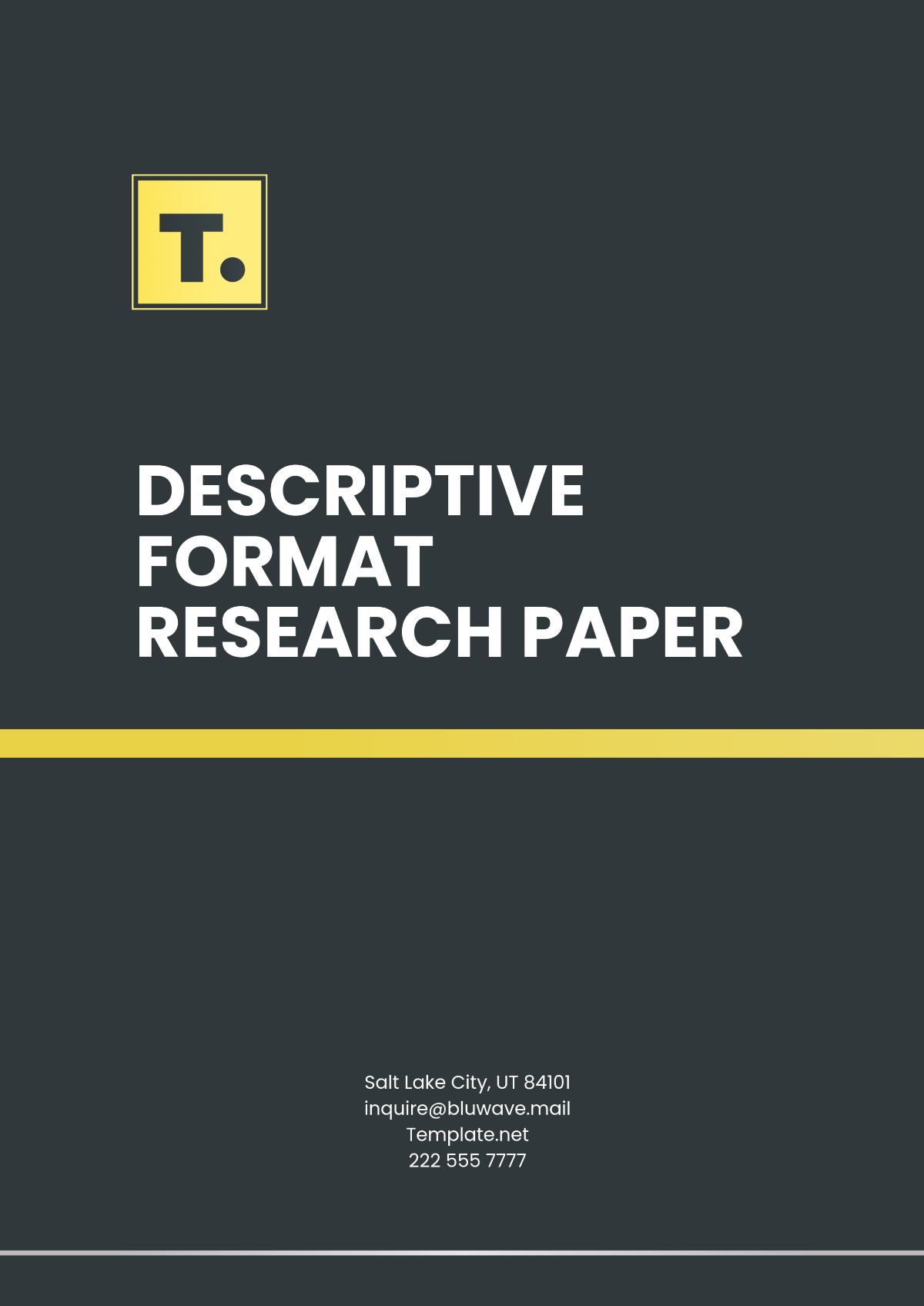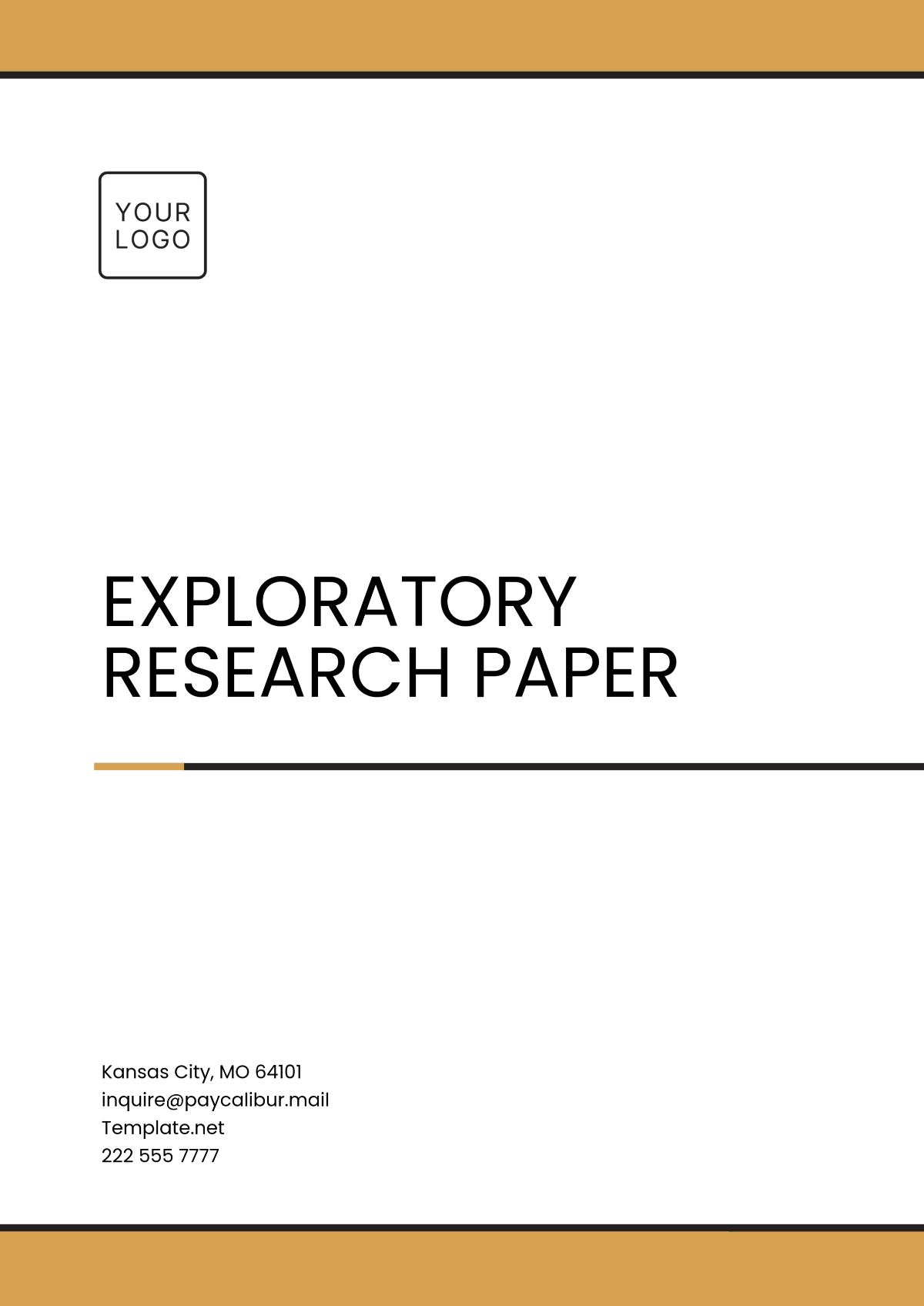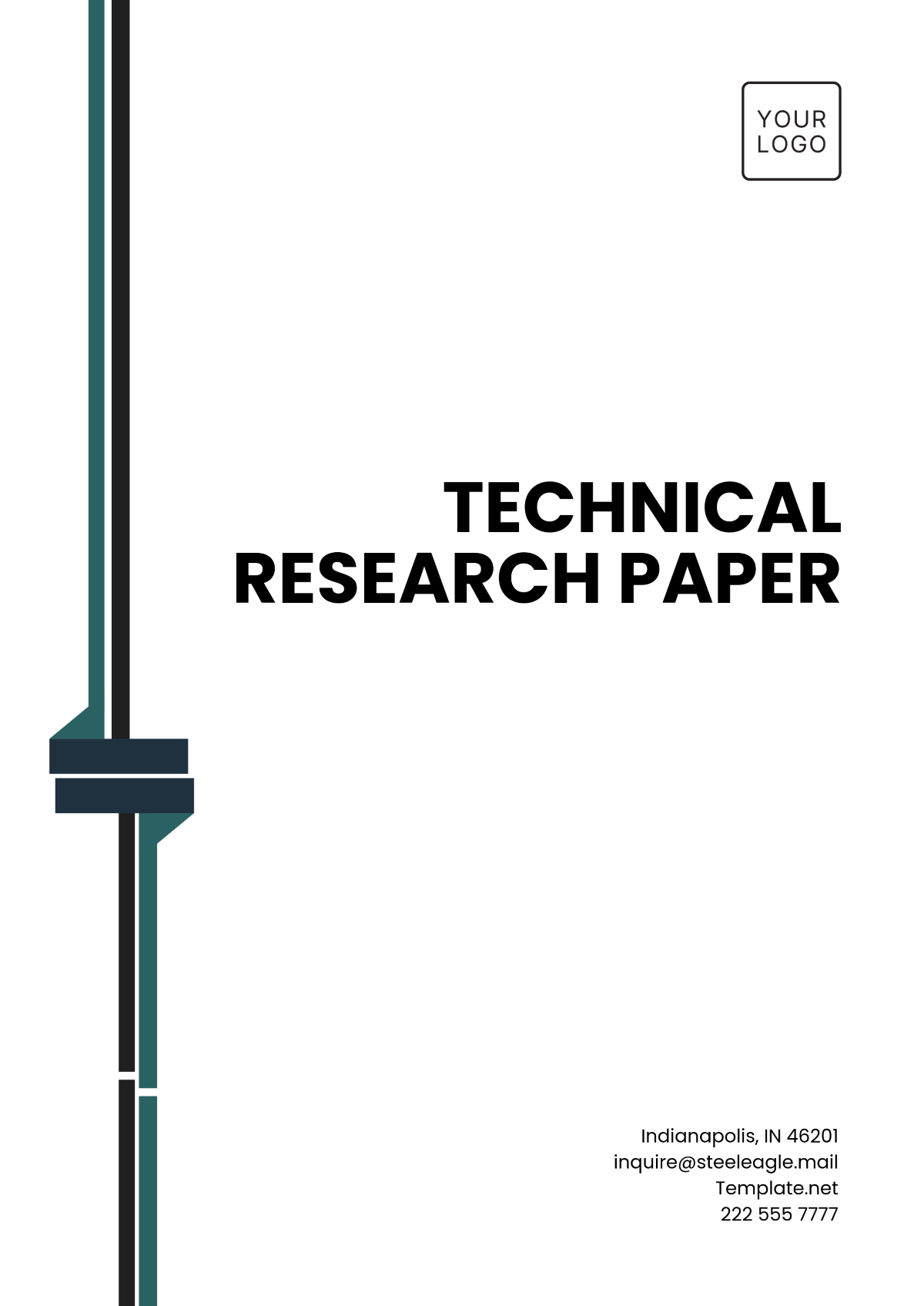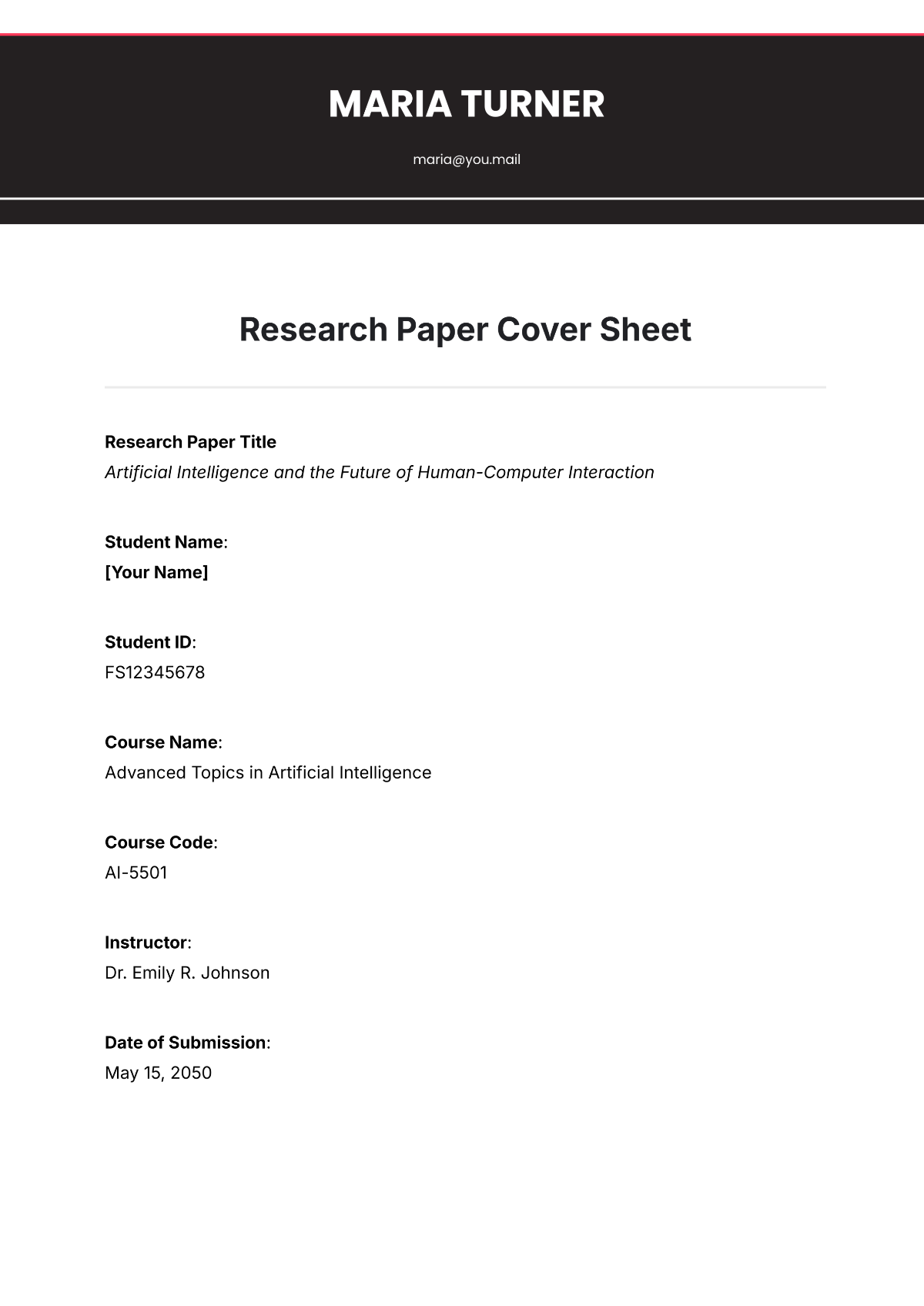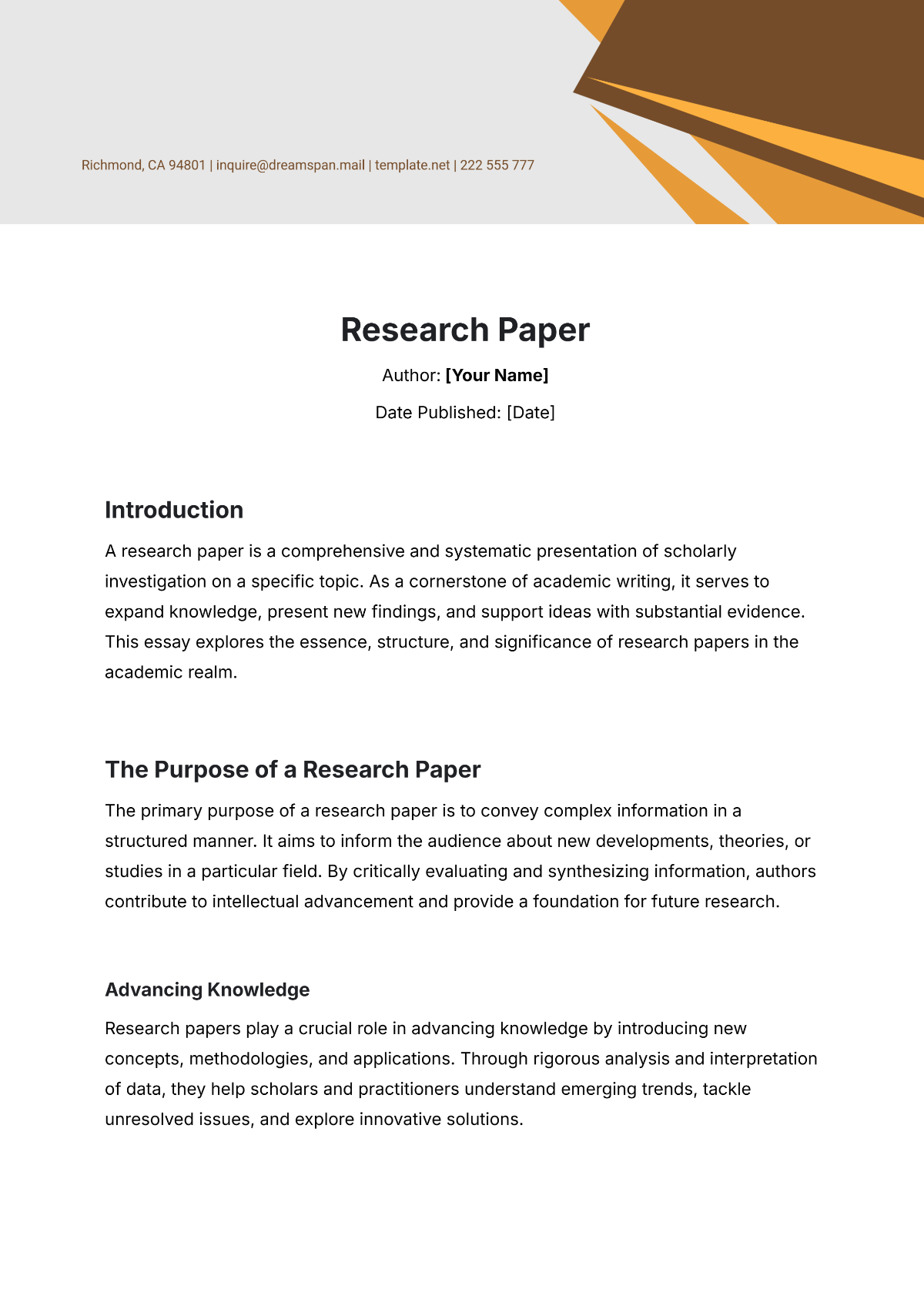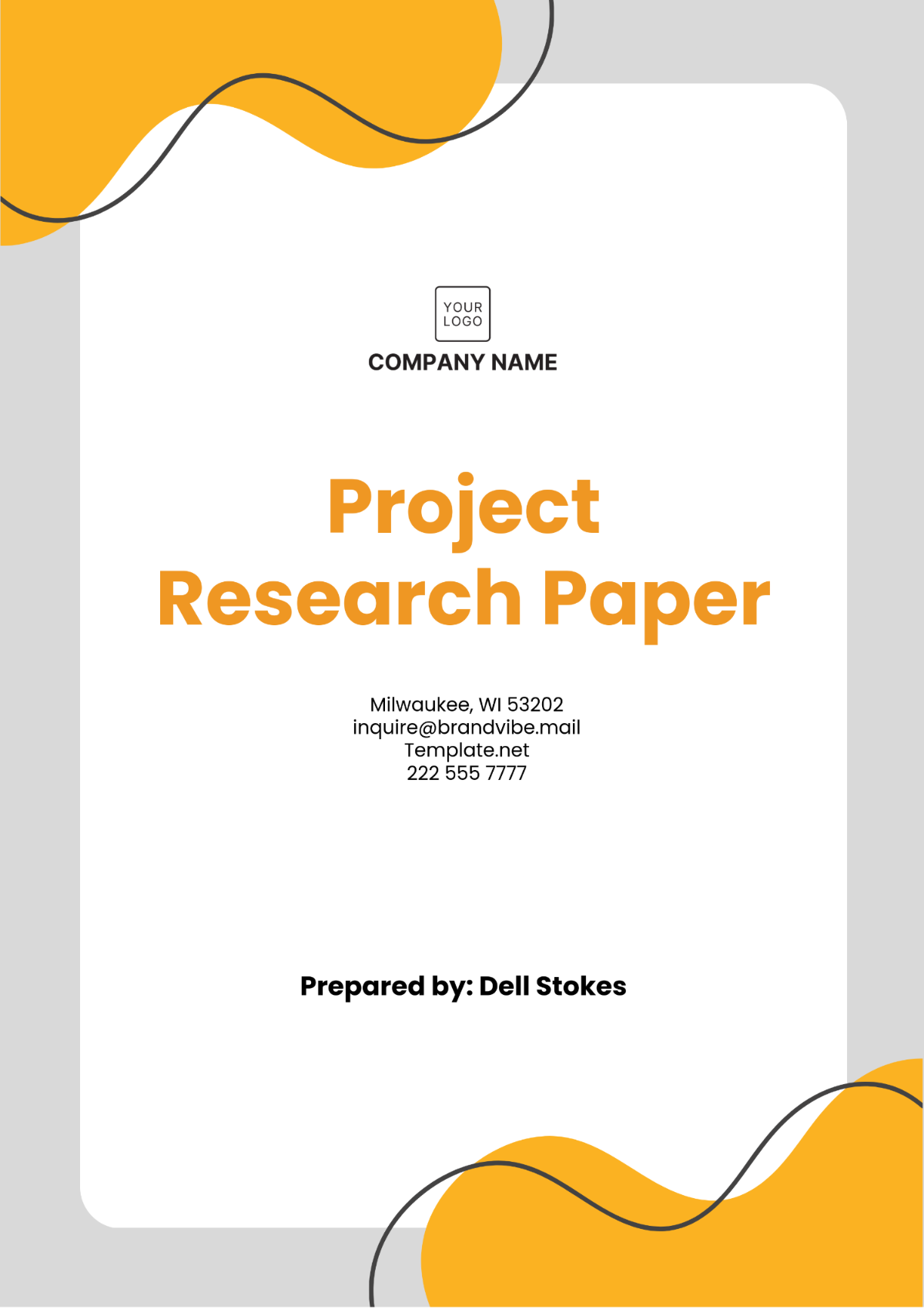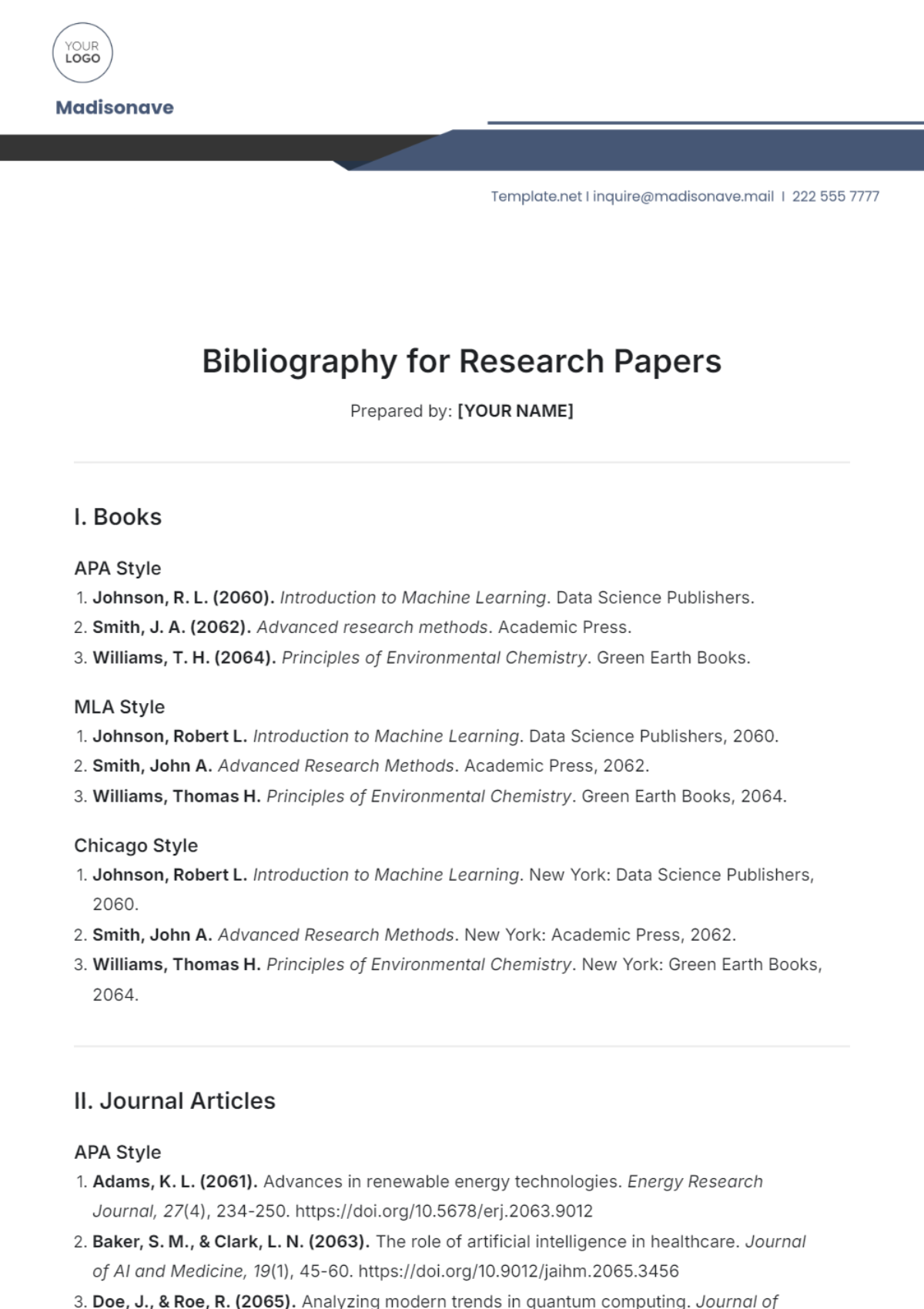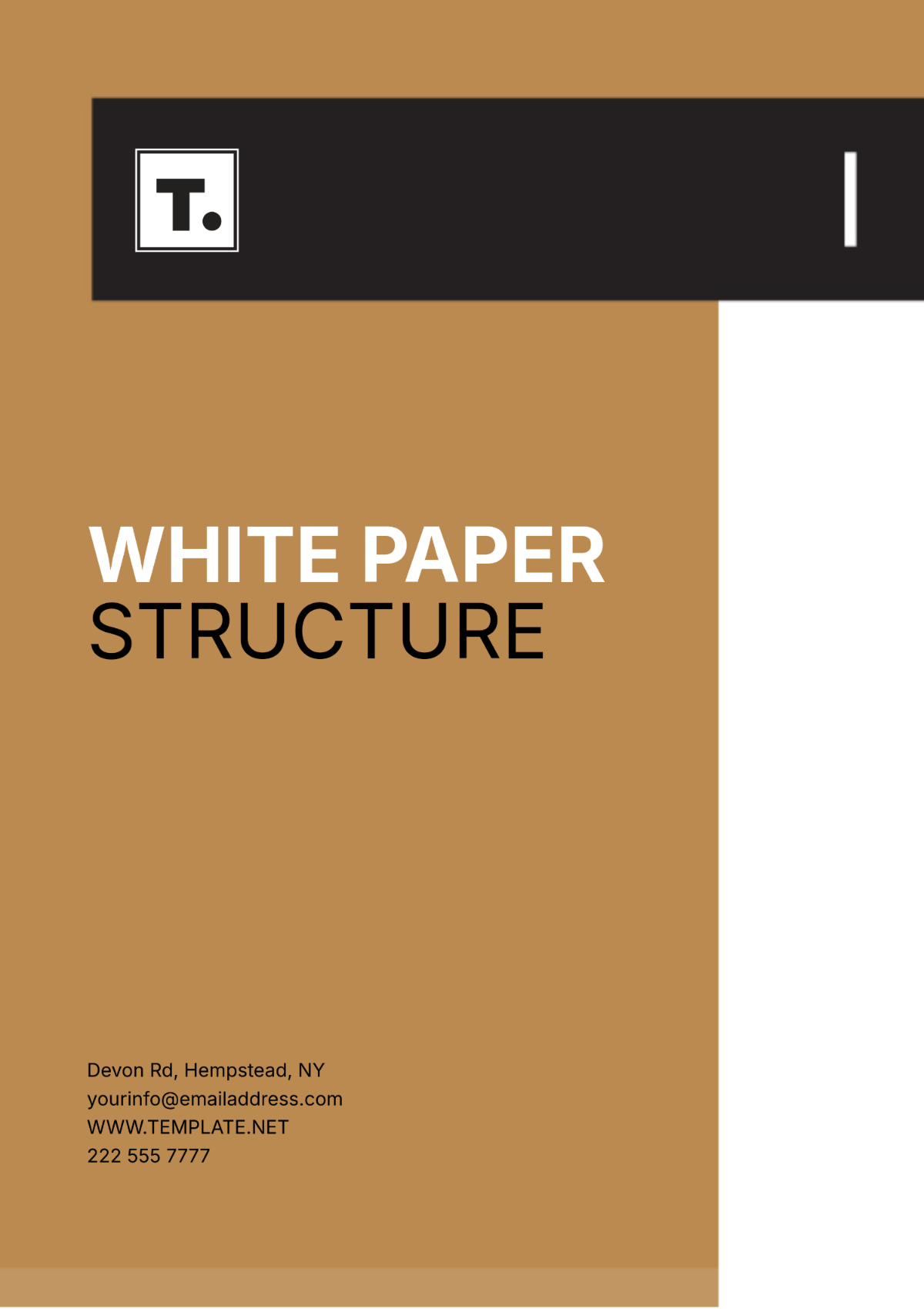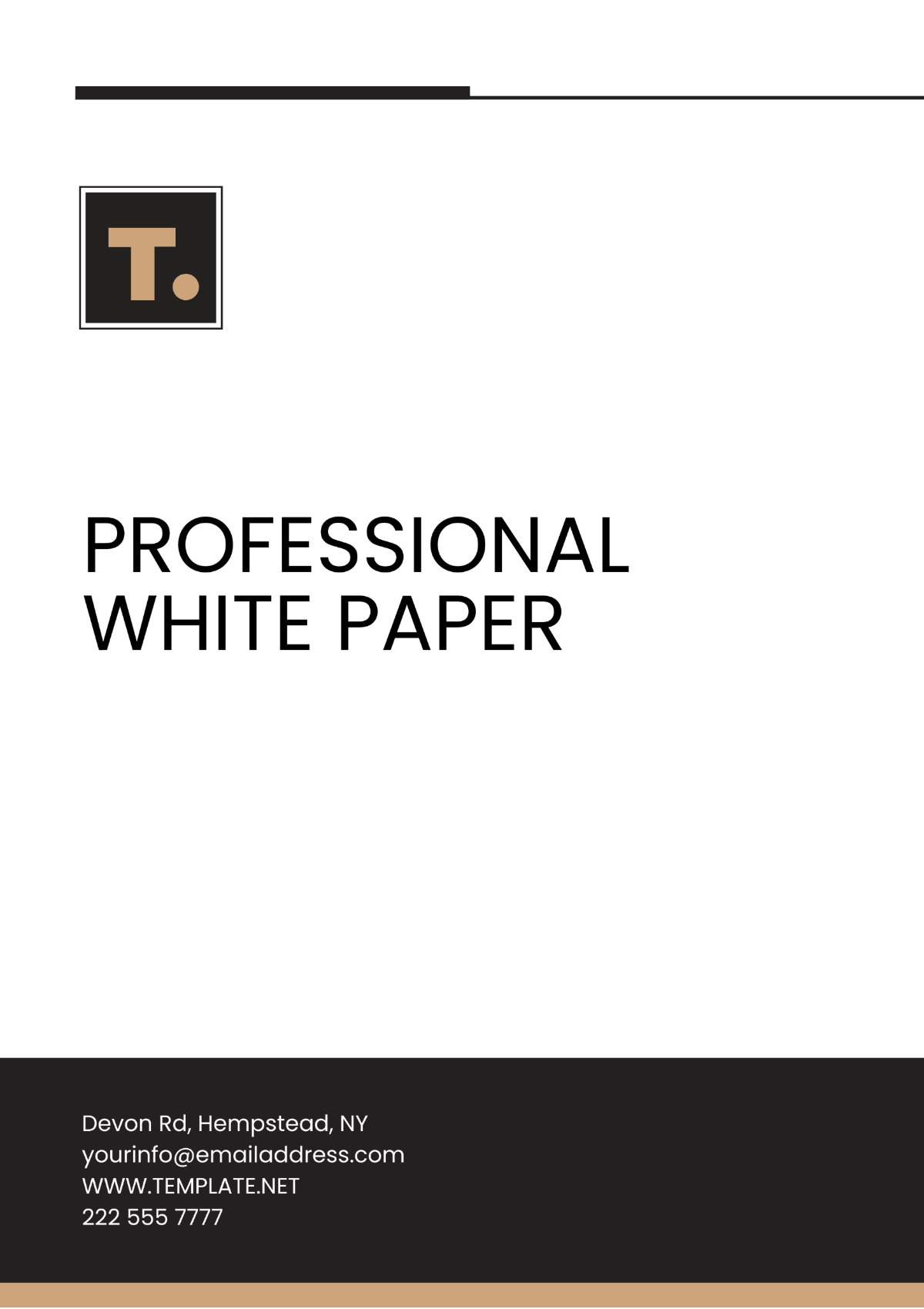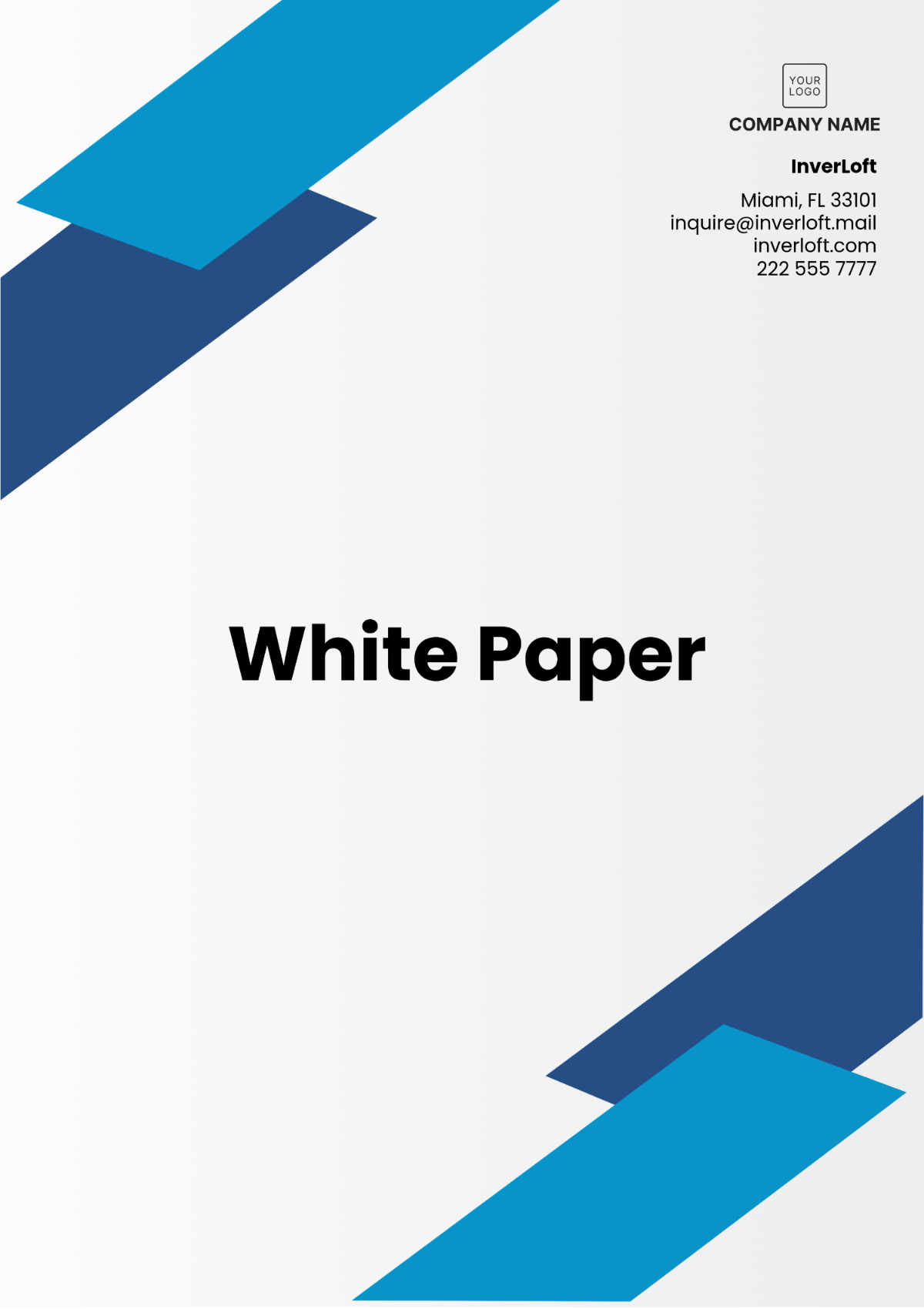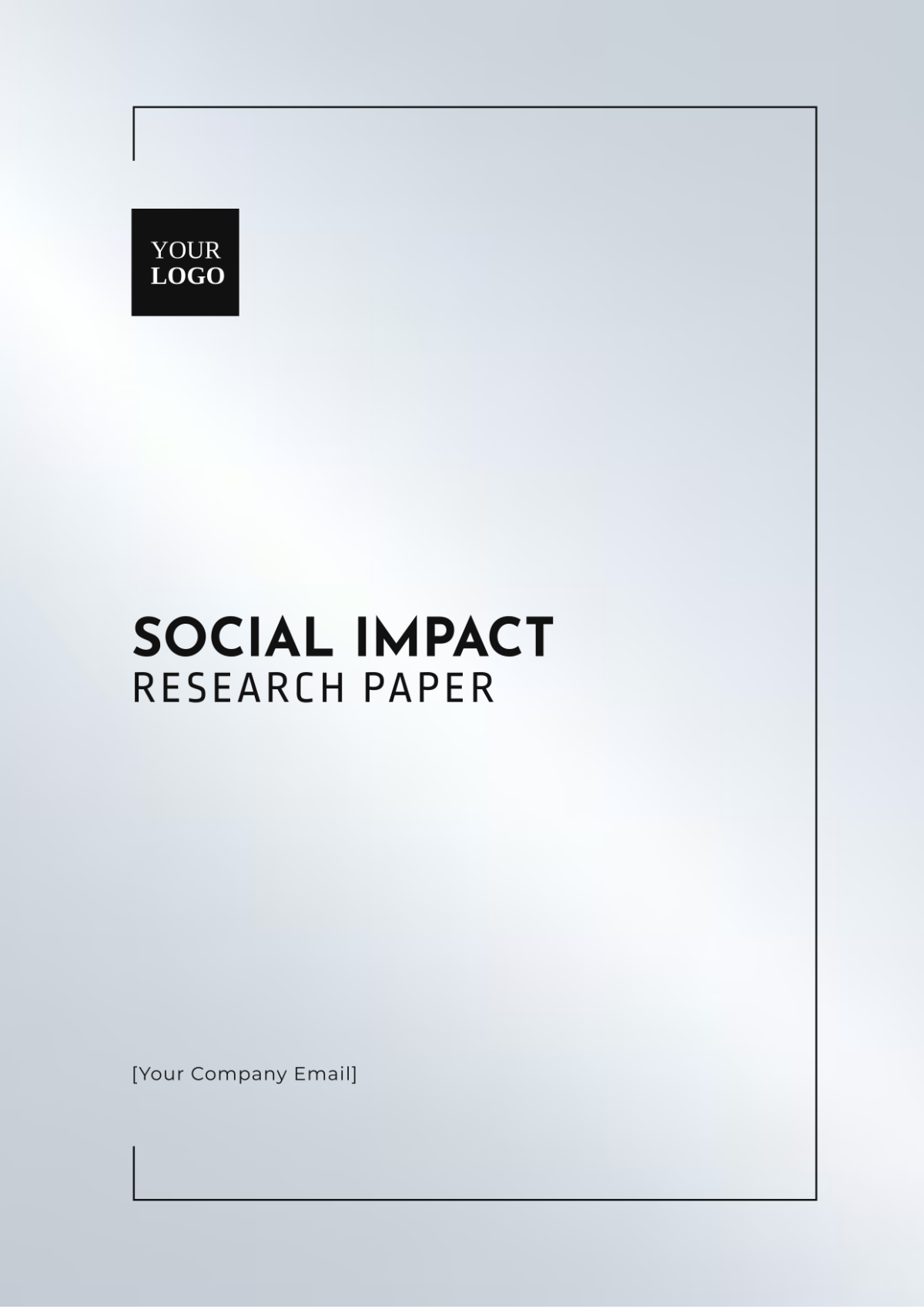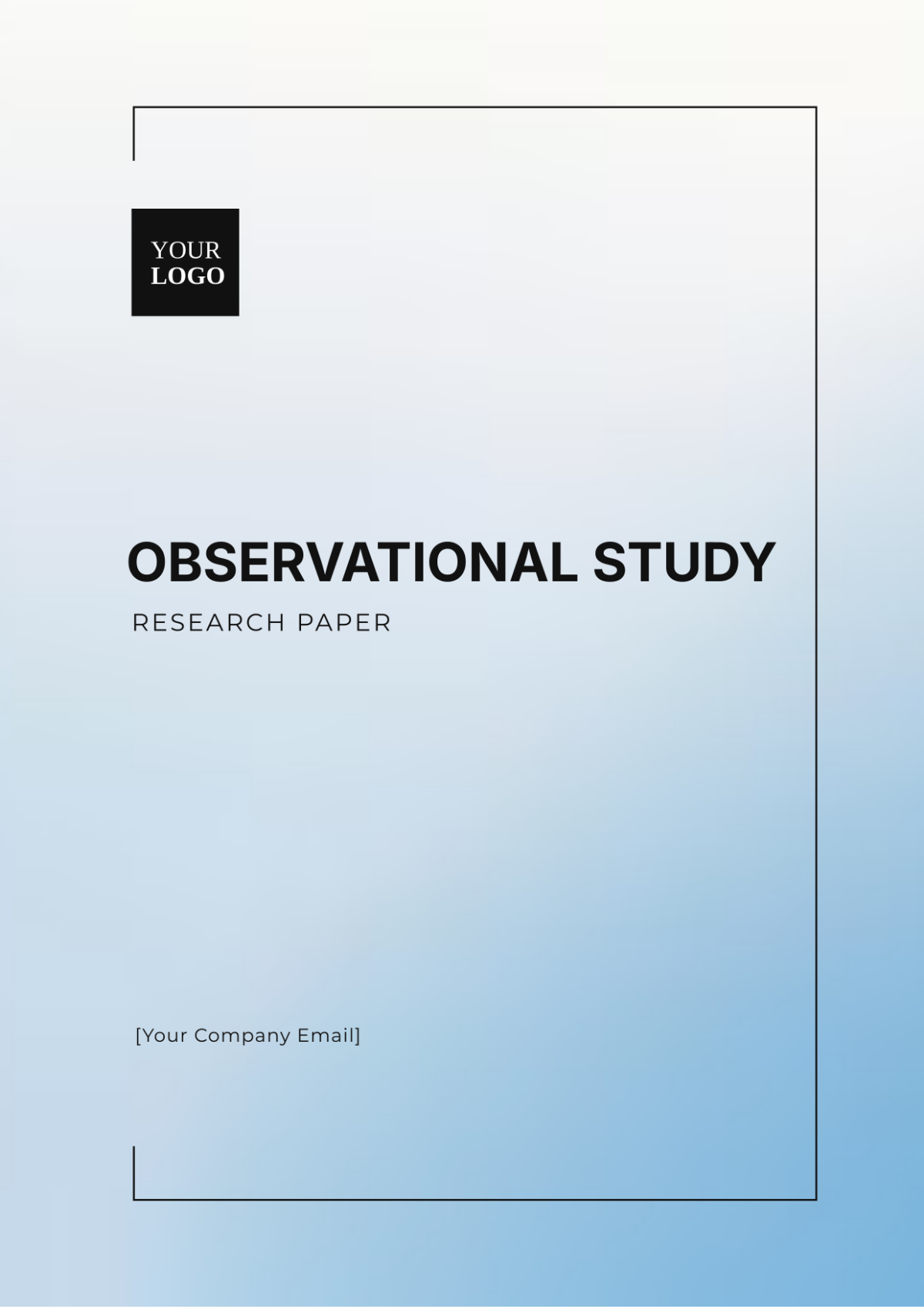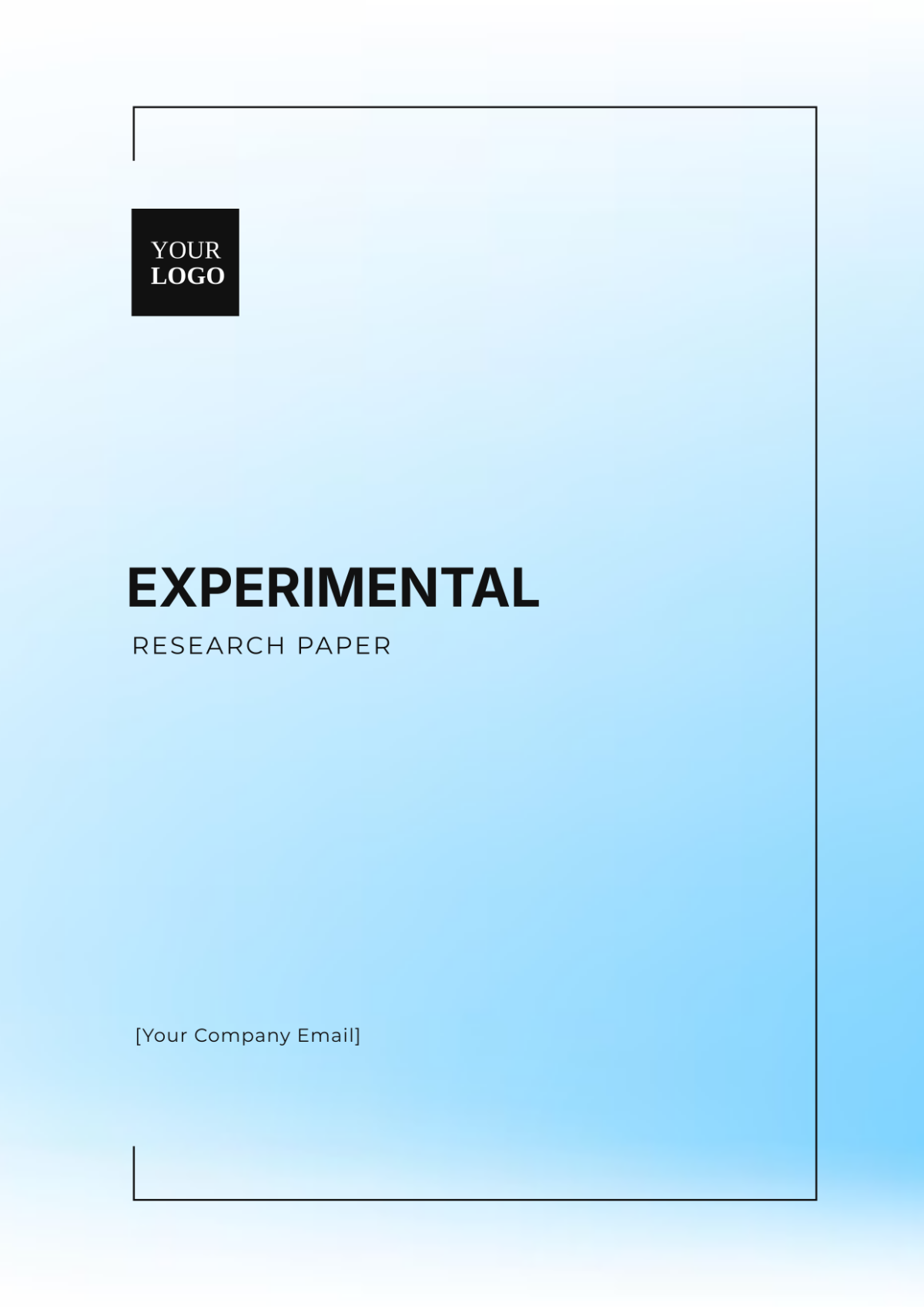Article Review Paper
Written by: [Your Name]
I. Introduction
The aim of this article review is to provide a thorough examination of the literature related to the research question: "What are the emerging trends in literature reviews from 2050 and beyond?" This review assesses various studies that explore the methodology, practices, and advancements in literature reviews over recent decades, highlighting significant shifts and innovations.
II. Summary of the Article
Overview
This section provides a summary of key articles published on the topic of literature reviews. The selected articles offer insights into various aspects such as:
Methodological Innovations: Changes in the approach to conducting literature reviews, including the integration of AI and machine learning tools.
Thematic Focus: Evolving trends in the topics covered within literature reviews and how they reflect broader shifts in research priorities.
Impact on Research Quality: How modern literature review practices affect the rigor and comprehensiveness of academic research.
Key Studies
Study by Smith et al. (2051): This study investigates the use of AI in automating literature search and data extraction processes. The authors found that AI tools significantly improve the efficiency of literature reviews but raised concerns about the accuracy of automated summaries.
Article by Jones and Lee (2055): Focuses on the changing thematic focus of literature reviews, noting a shift towards interdisciplinary approaches and the inclusion of diverse methodologies.
Research by Patel and Wang (2057): Examines the impact of new review methodologies on research quality, suggesting that while innovative methods enhance efficiency, they may introduce biases if not carefully managed.
III. Critical Evaluation
Strengths
Innovative Methodologies: The reviewed articles highlight advancements in literature review methodologies, particularly the integration of technology which enhances the efficiency and scope of reviews.
Diverse Perspectives: The studies provide a broad perspective on the evolving nature of literature reviews, capturing shifts in thematic focus and methodological approaches.
Weaknesses
Inconsistent Quality of AI Tools: Concerns about the reliability of AI-generated summaries are a recurring theme, with some studies indicating that automation may not fully capture nuanced insights.
Lack of Long-Term Impact Analysis: Few studies have evaluated the long-term impact of new methodologies on the overall quality of research, leaving a gap in understanding their enduring effects.
IV. Discussion
Contextualizing Trends
The reviewed articles reflect a trend towards more dynamic and technology-driven approaches in literature reviews. The integration of AI and other technological tools represents a significant shift, aiming to address the increasing volume of research and the need for more comprehensive reviews.
Implications for Future Research
Need for Robust AI Tools: Future research should focus on improving the reliability and accuracy of AI tools used in literature reviews.
Long-Term Impact Studies: Further studies are needed to assess the long-term effects of new review methodologies on research quality and scholarly communication.
V. Conclusion
The literature reviewed indicates a significant evolution in the practice of conducting literature reviews, driven by technological advancements and shifting research priorities. While these changes offer notable improvements in efficiency and scope, challenges such as the reliability of AI tools and the need for long-term impact assessments remain. Future research should address these gaps to further enhance the effectiveness of literature reviews.
VI. References
Smith, A., Johnson, B., & Martinez, C. (2051). Automating Literature Reviews: The Role of Artificial Intelligence. Journal of Research Methodologies.
Jones, D., & Lee, S. (2055). Interdisciplinary Trends in Literature Reviews. International Review of Academic Research.
Patel, R., & Wang, L. (2057). Assessing the Quality of Research: New Methodologies in Literature Reviews. Advanced Research Practices Journal.
